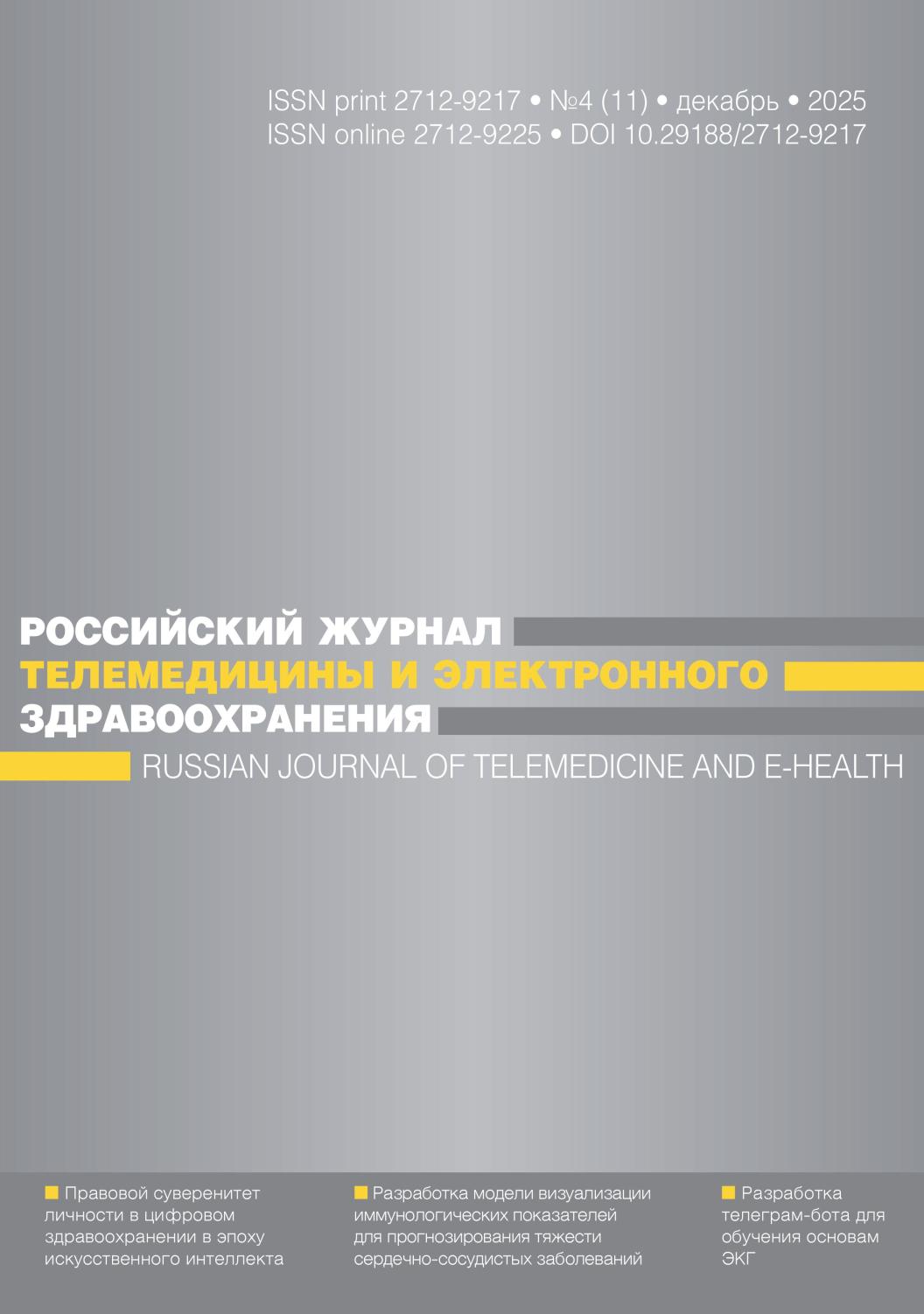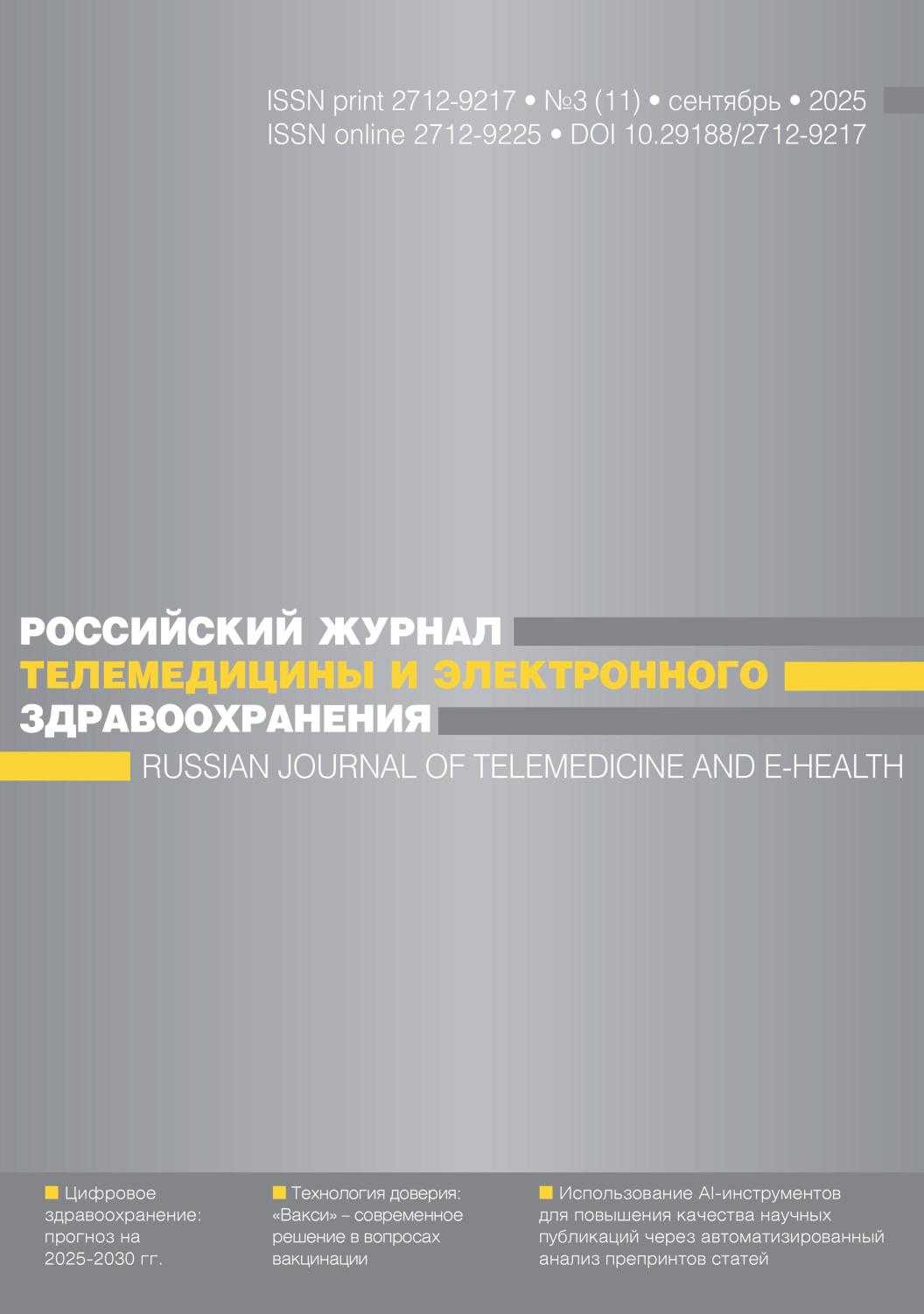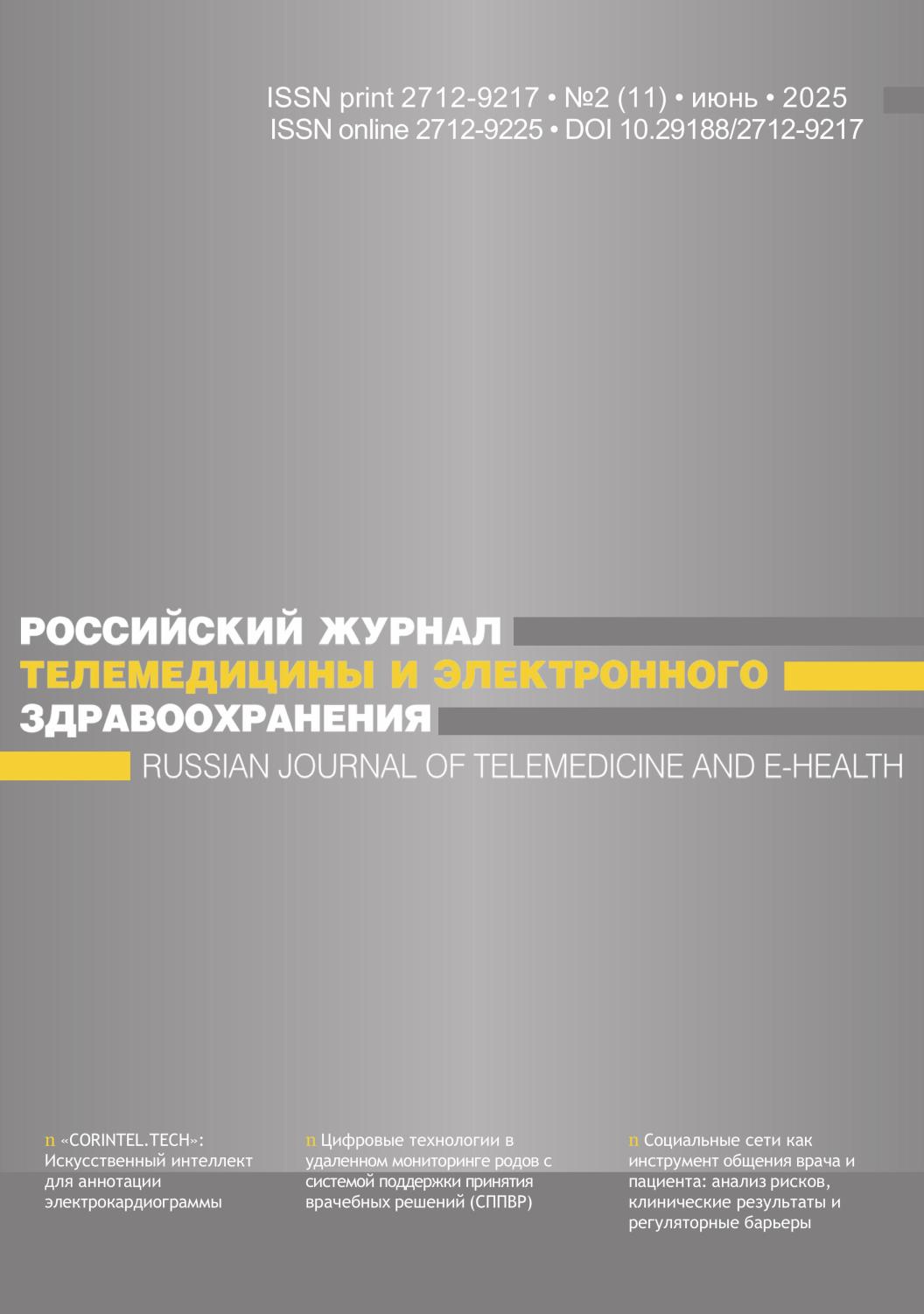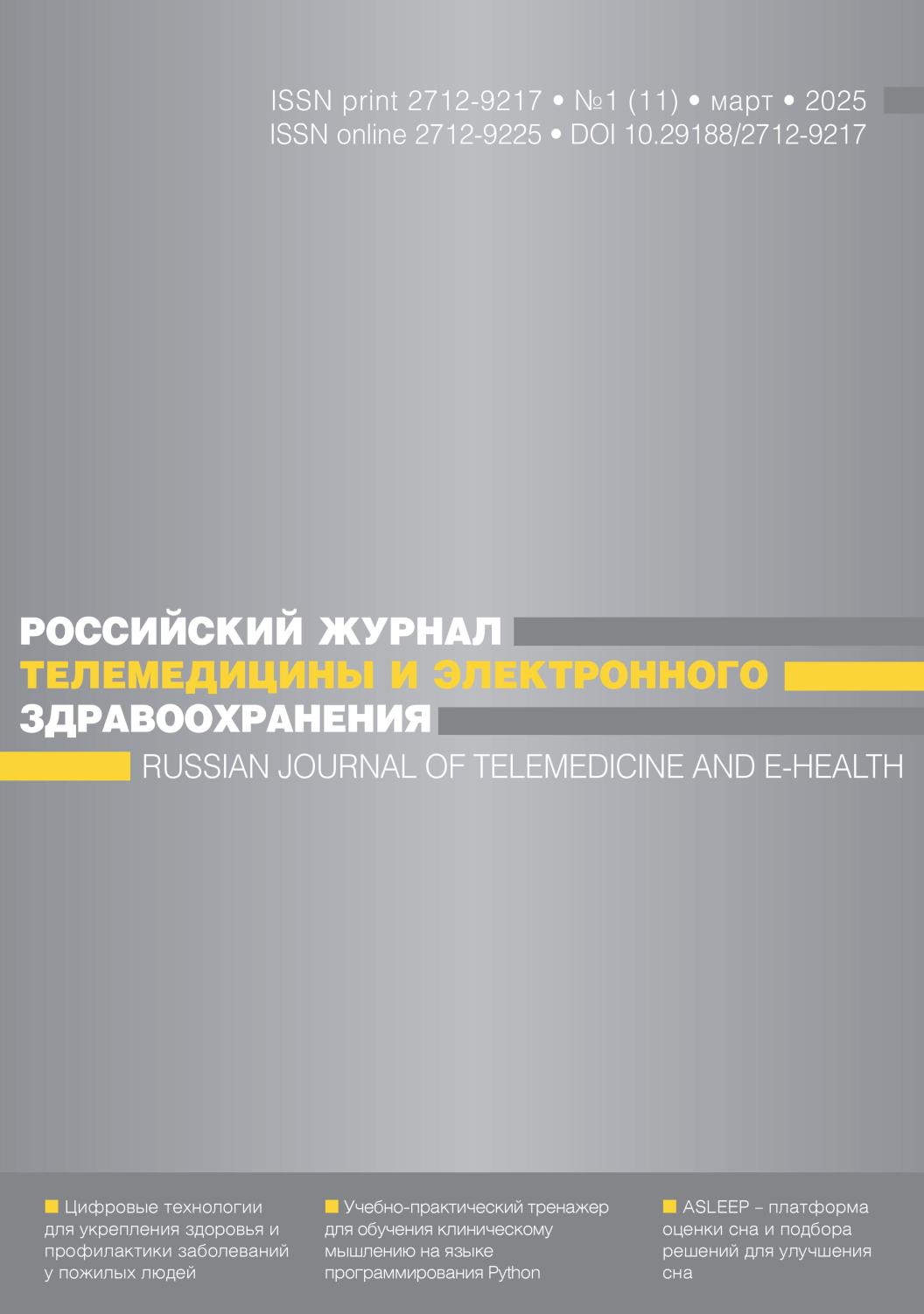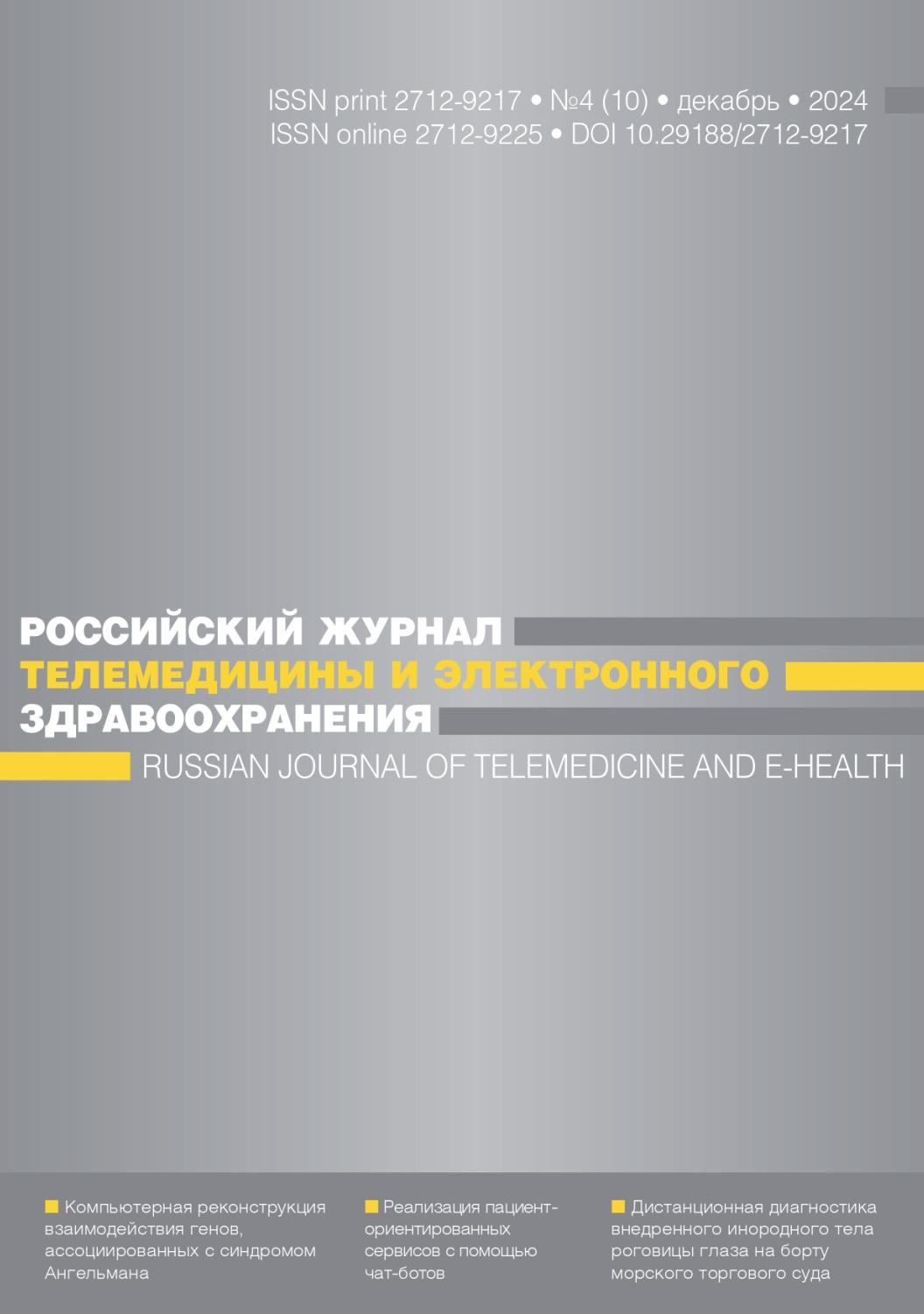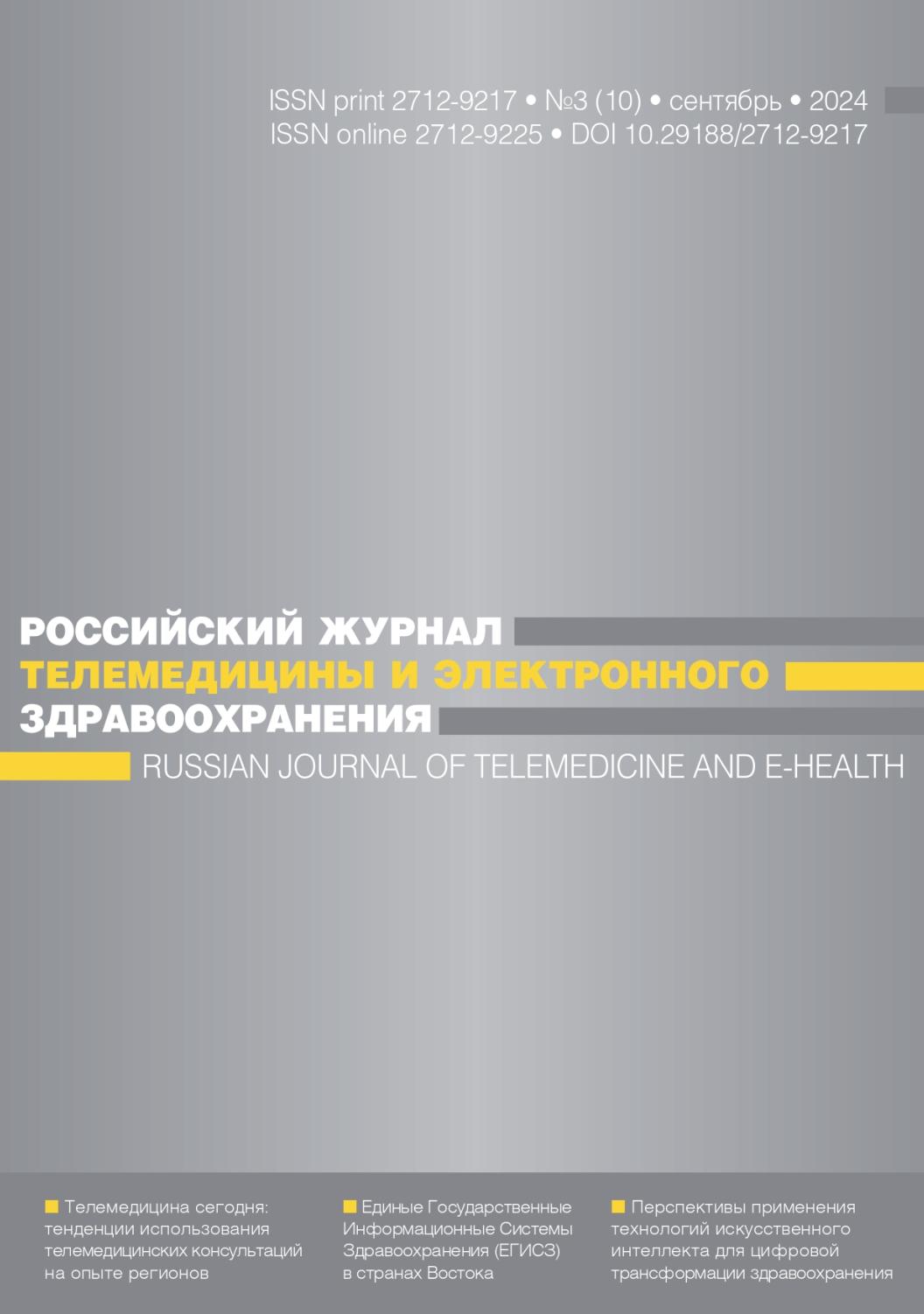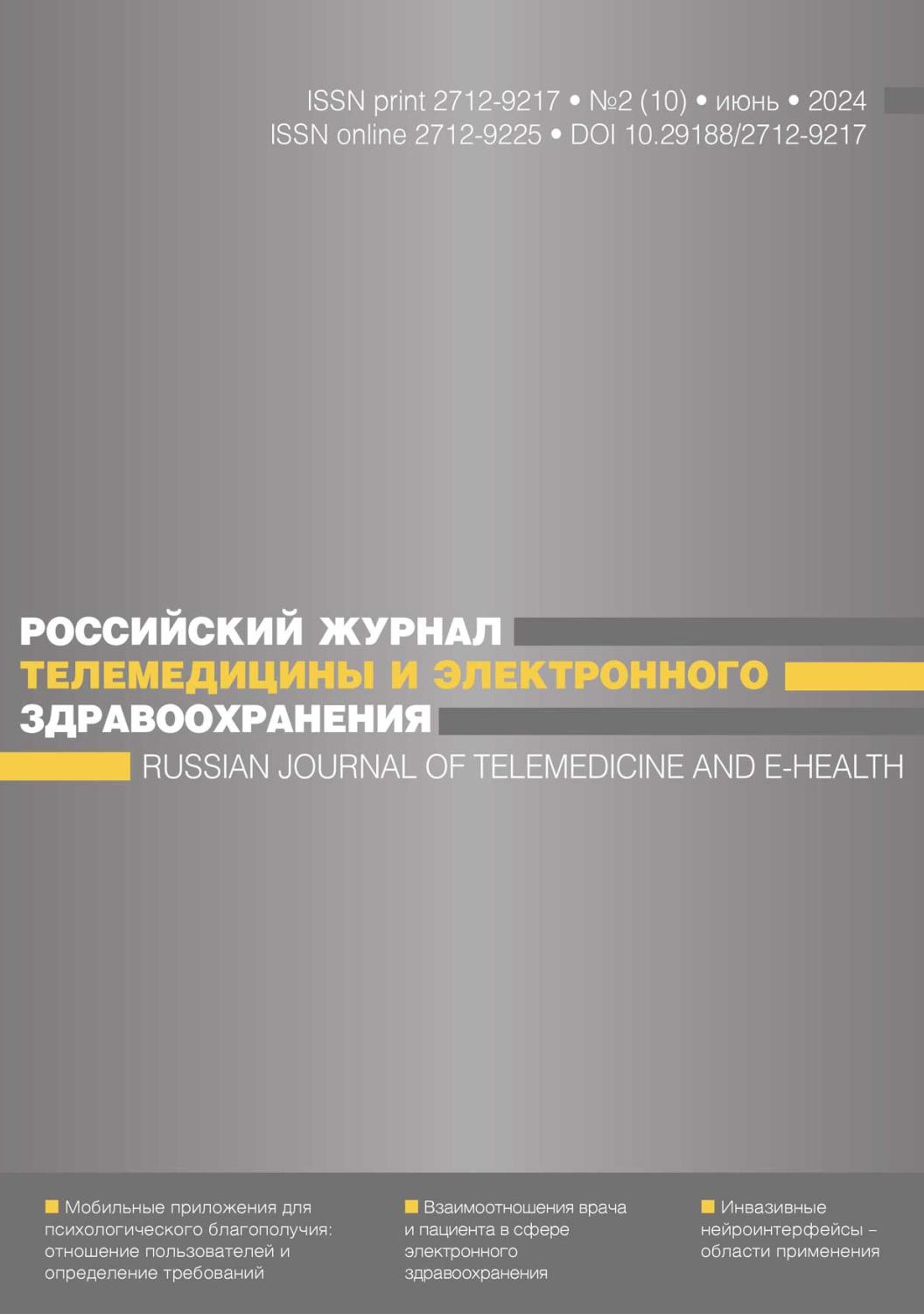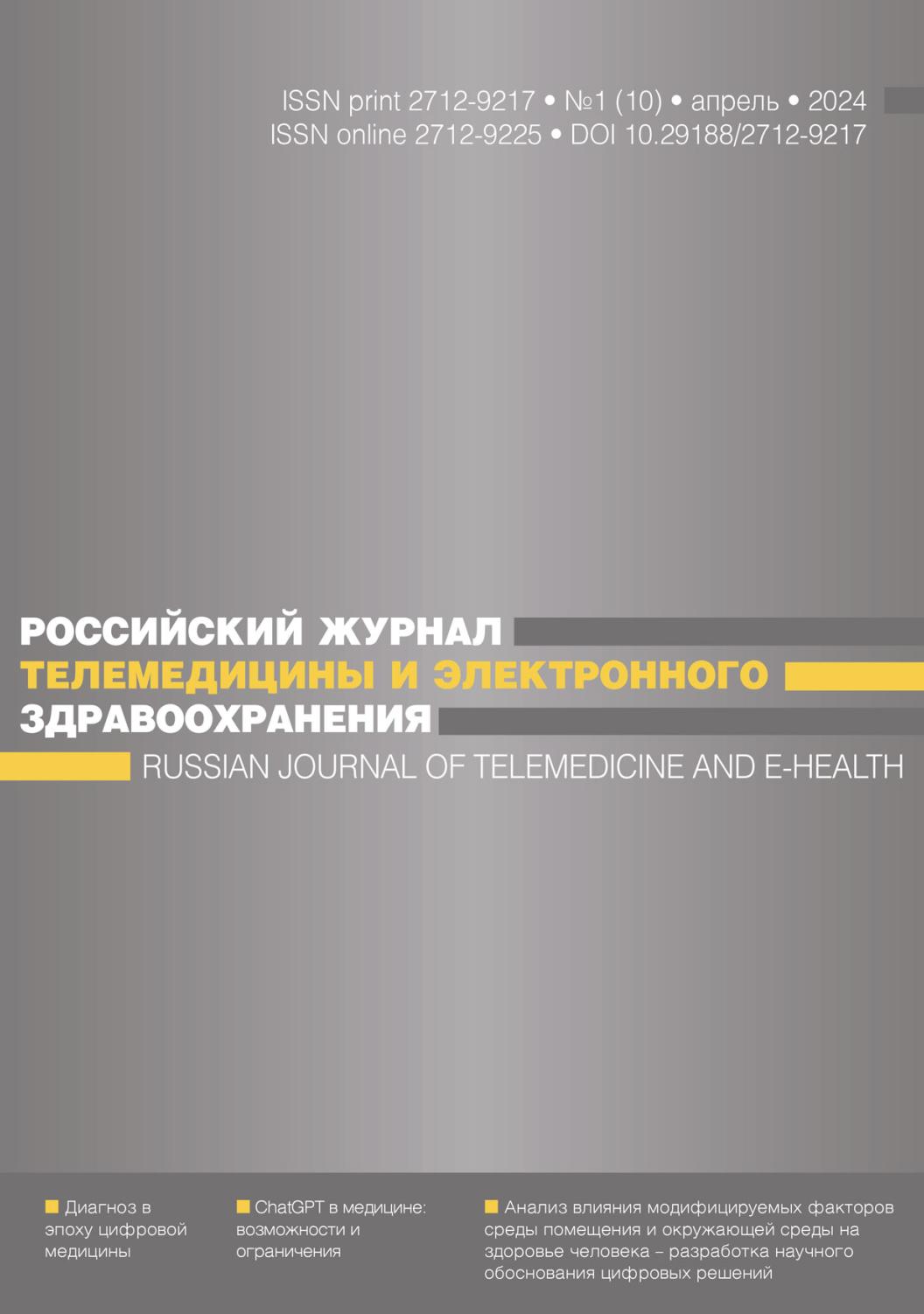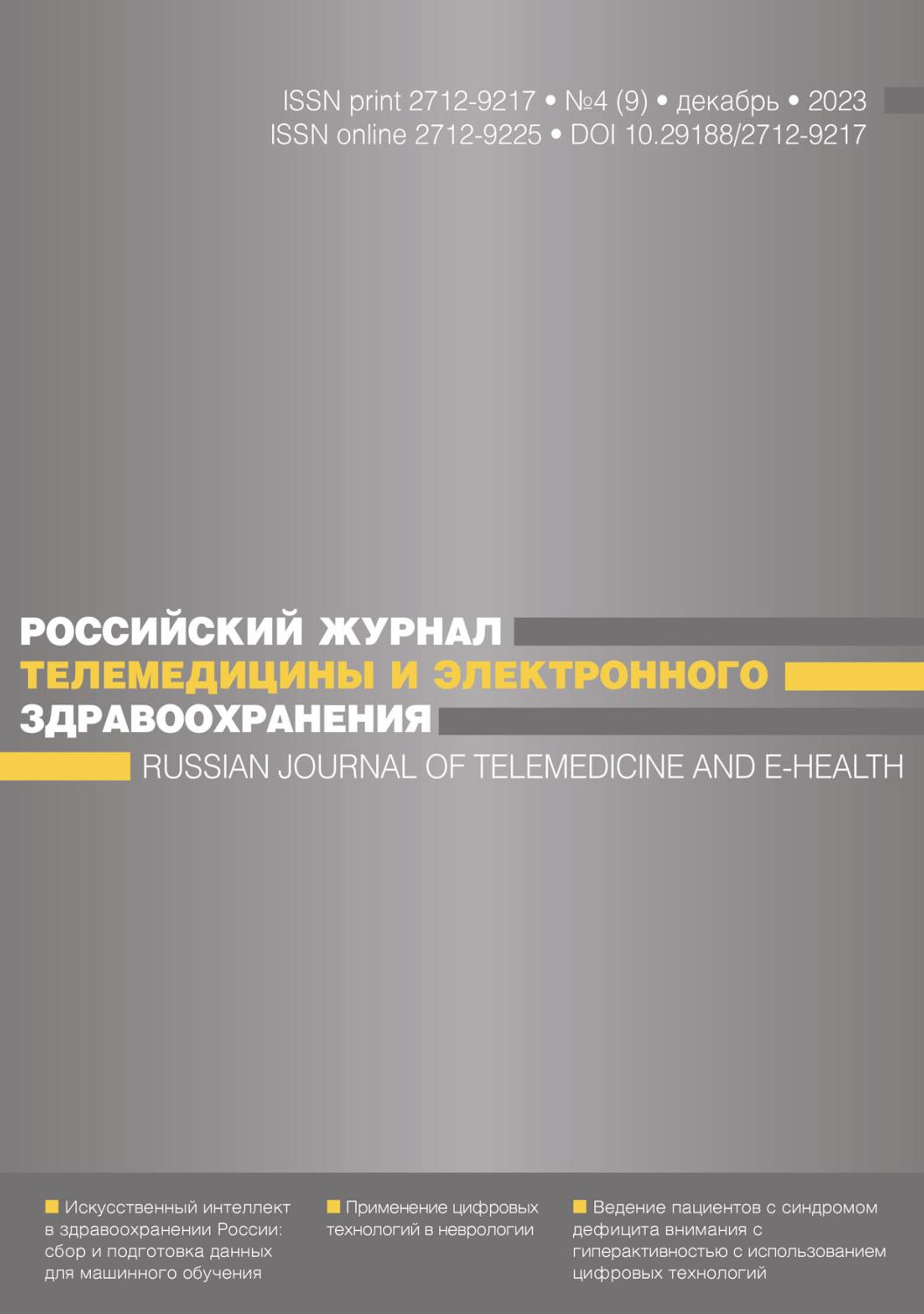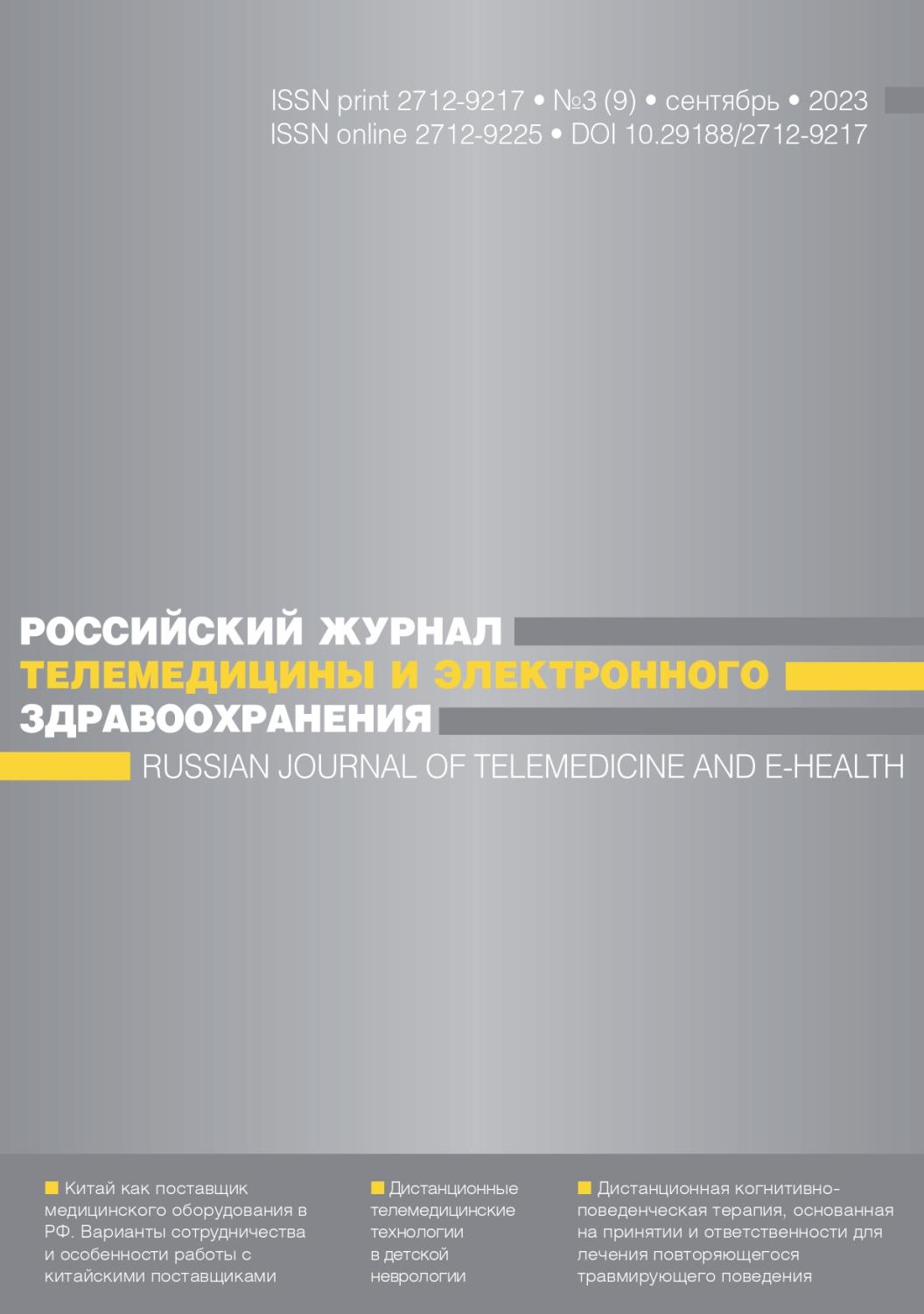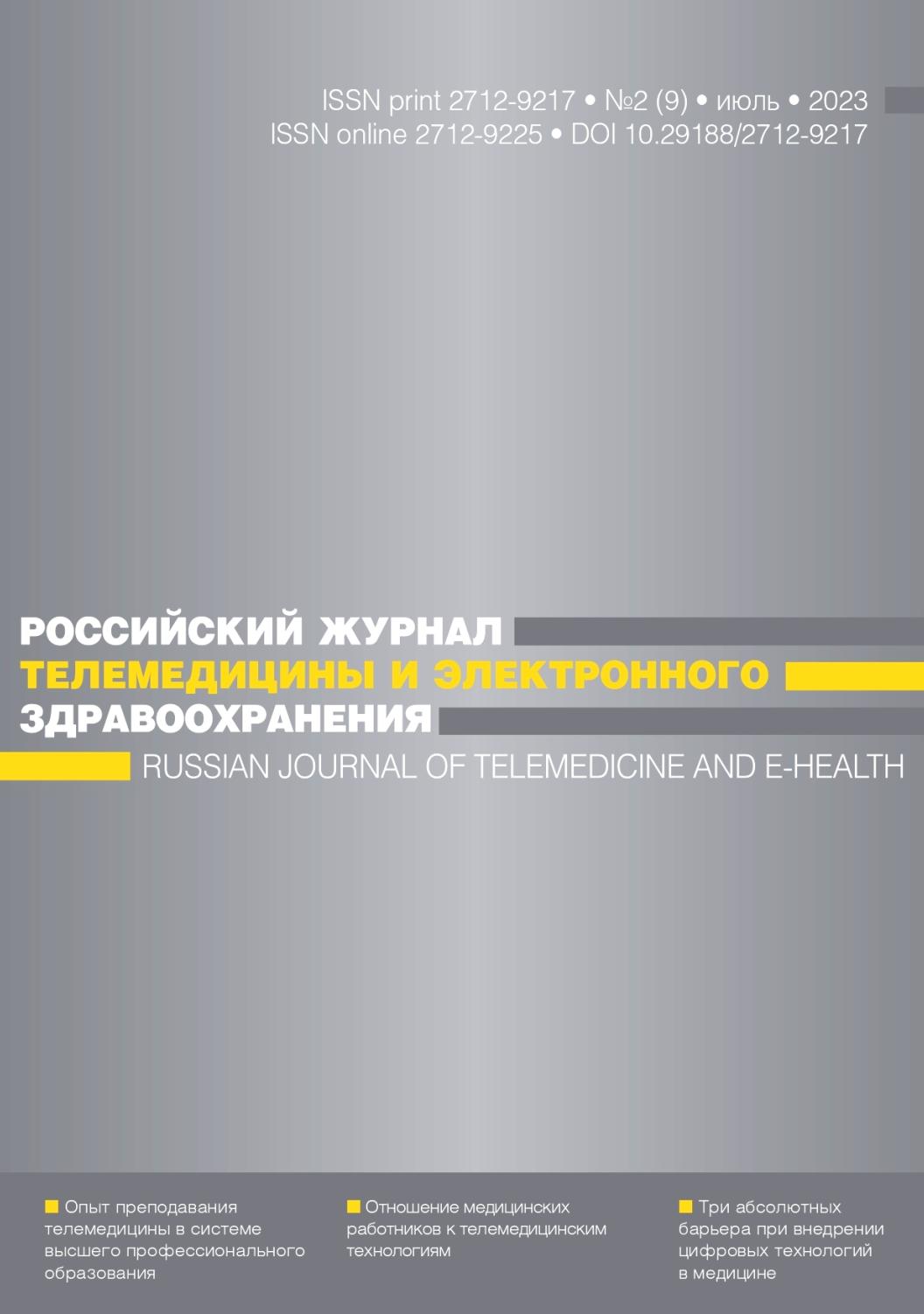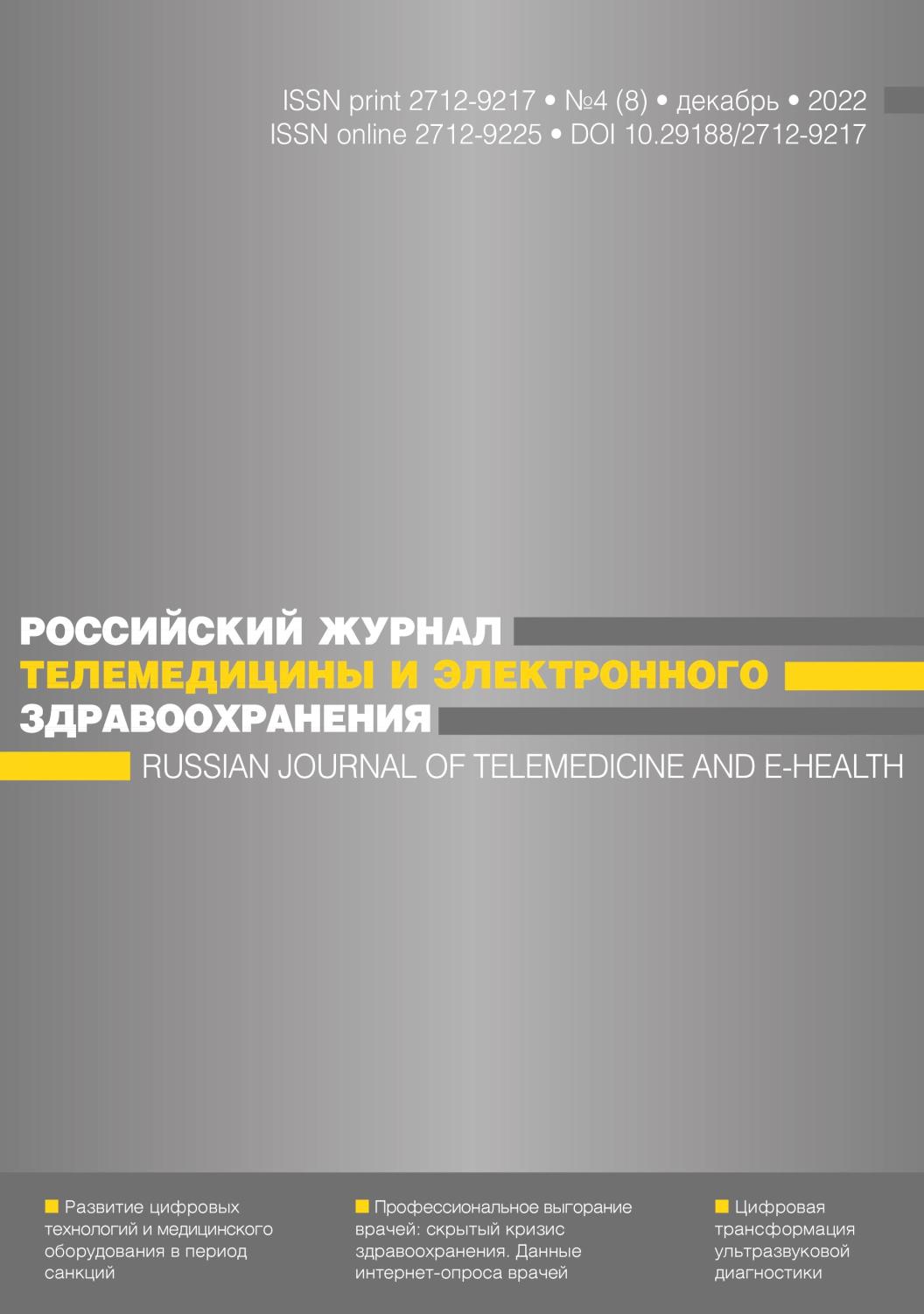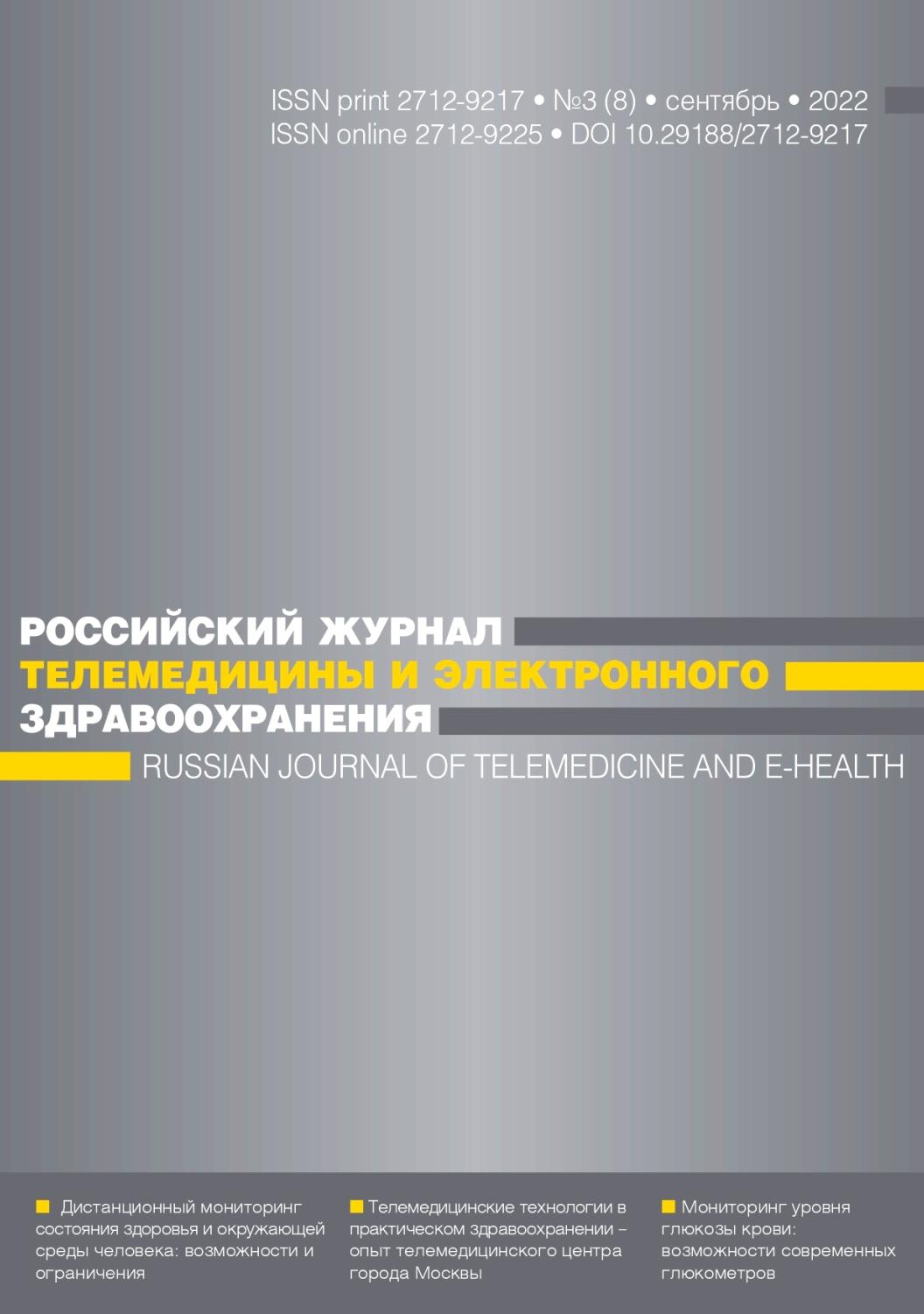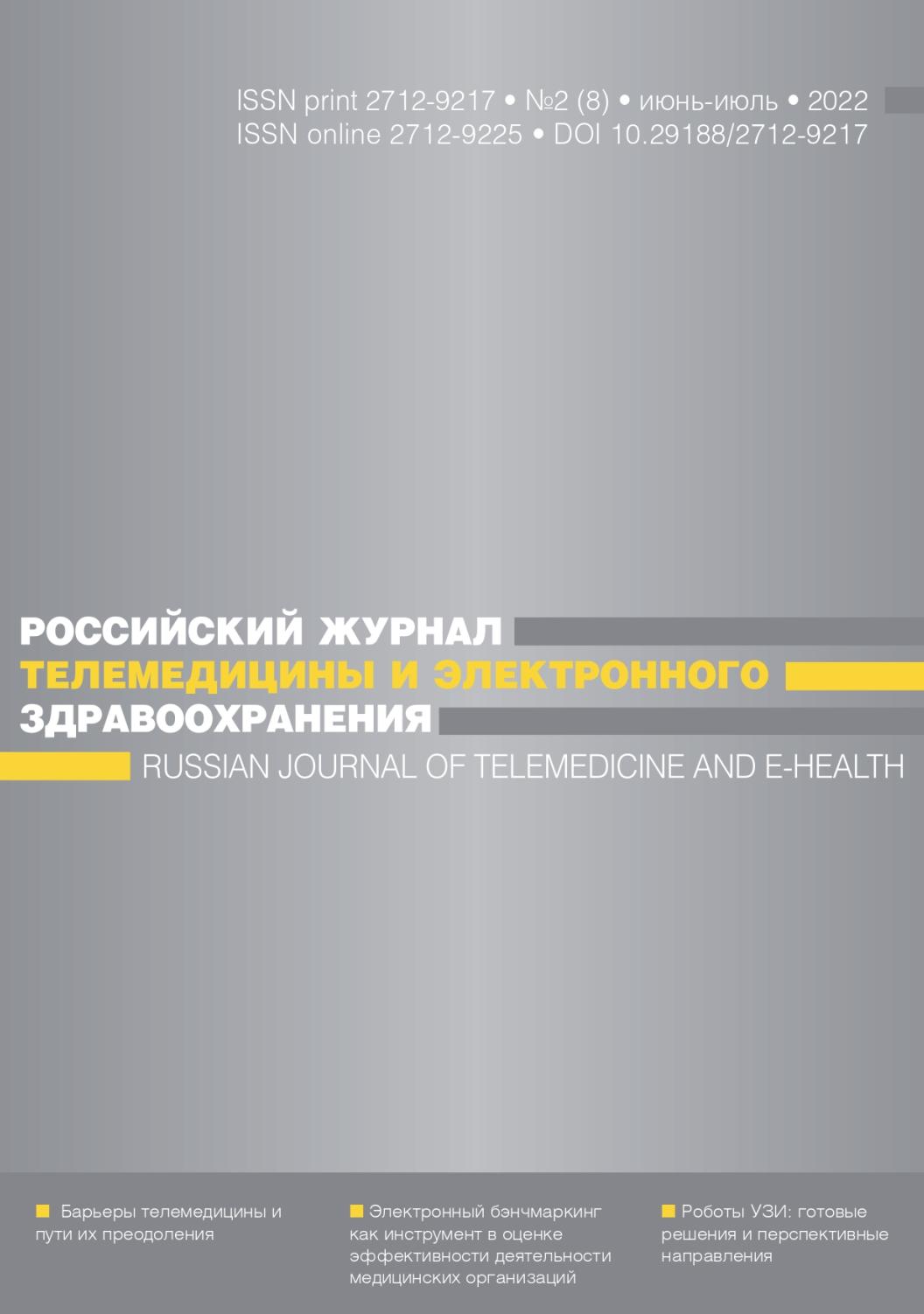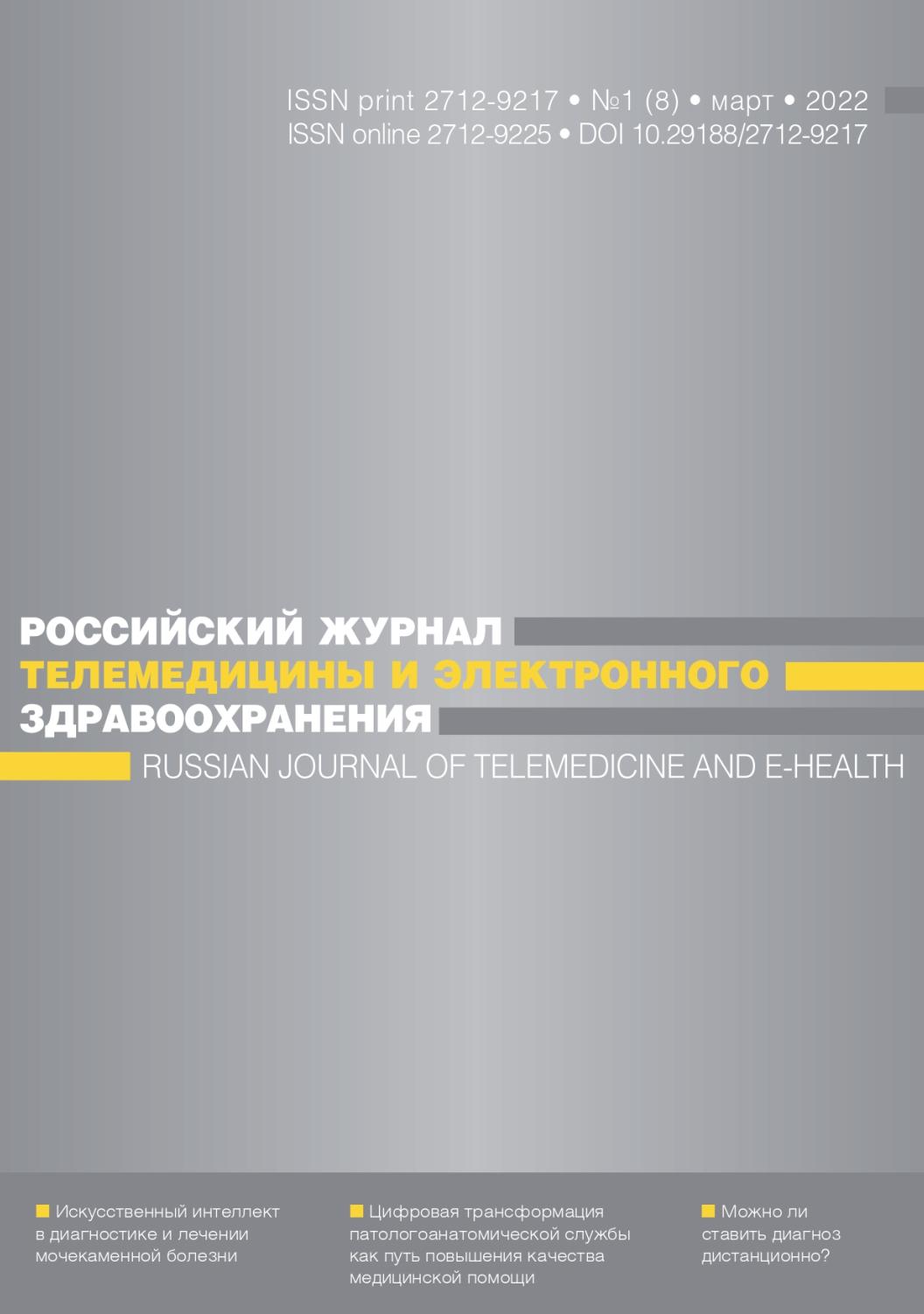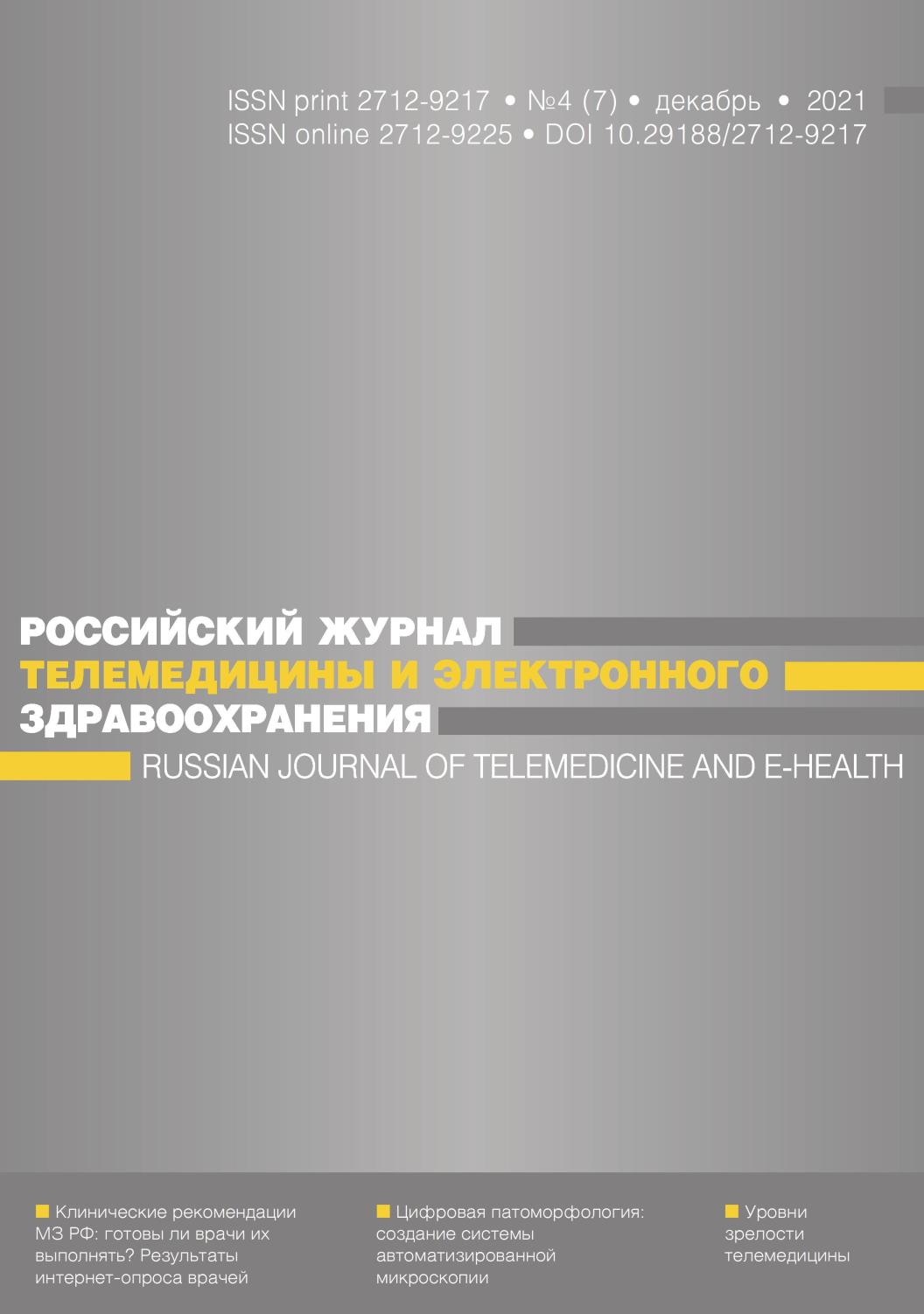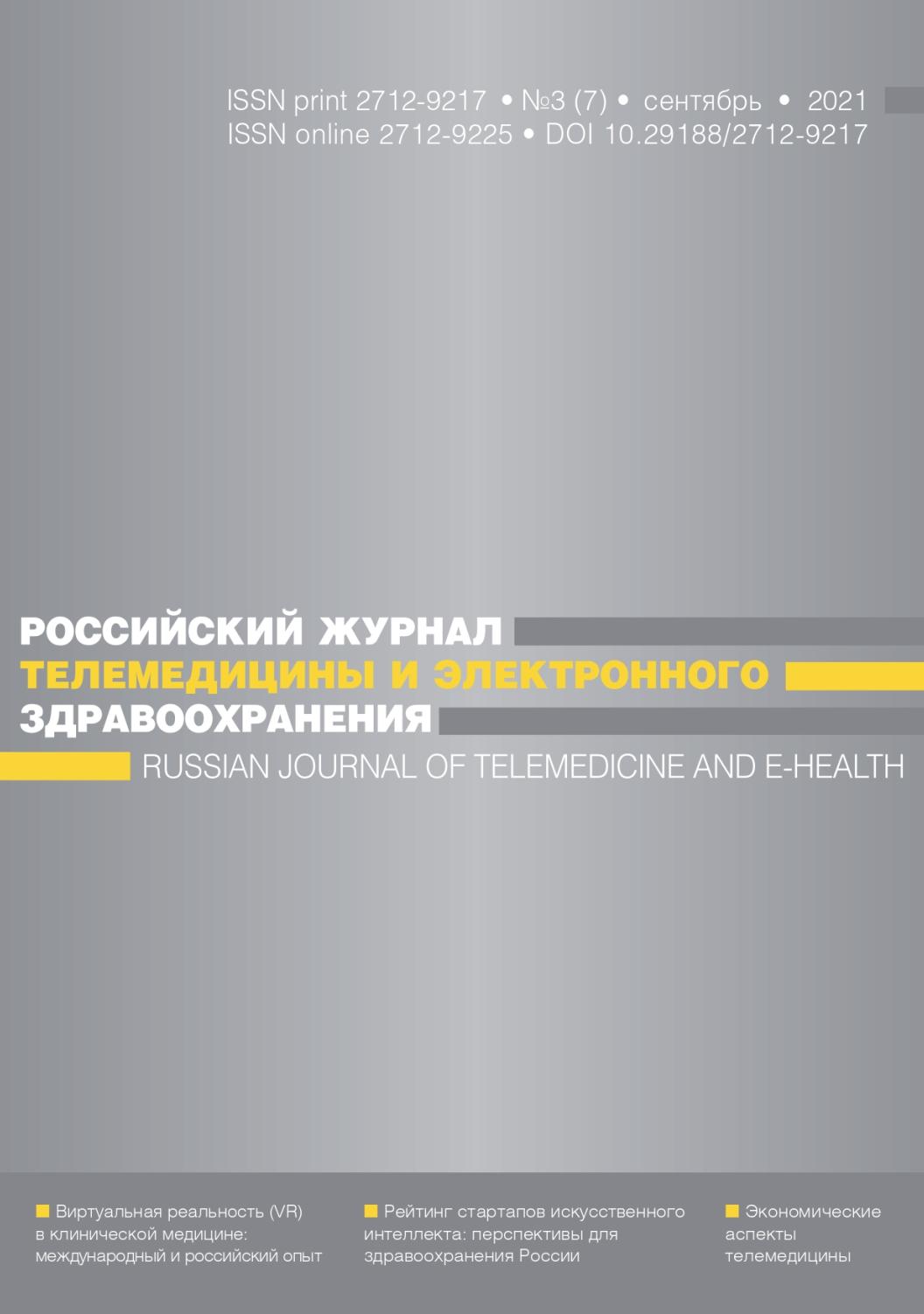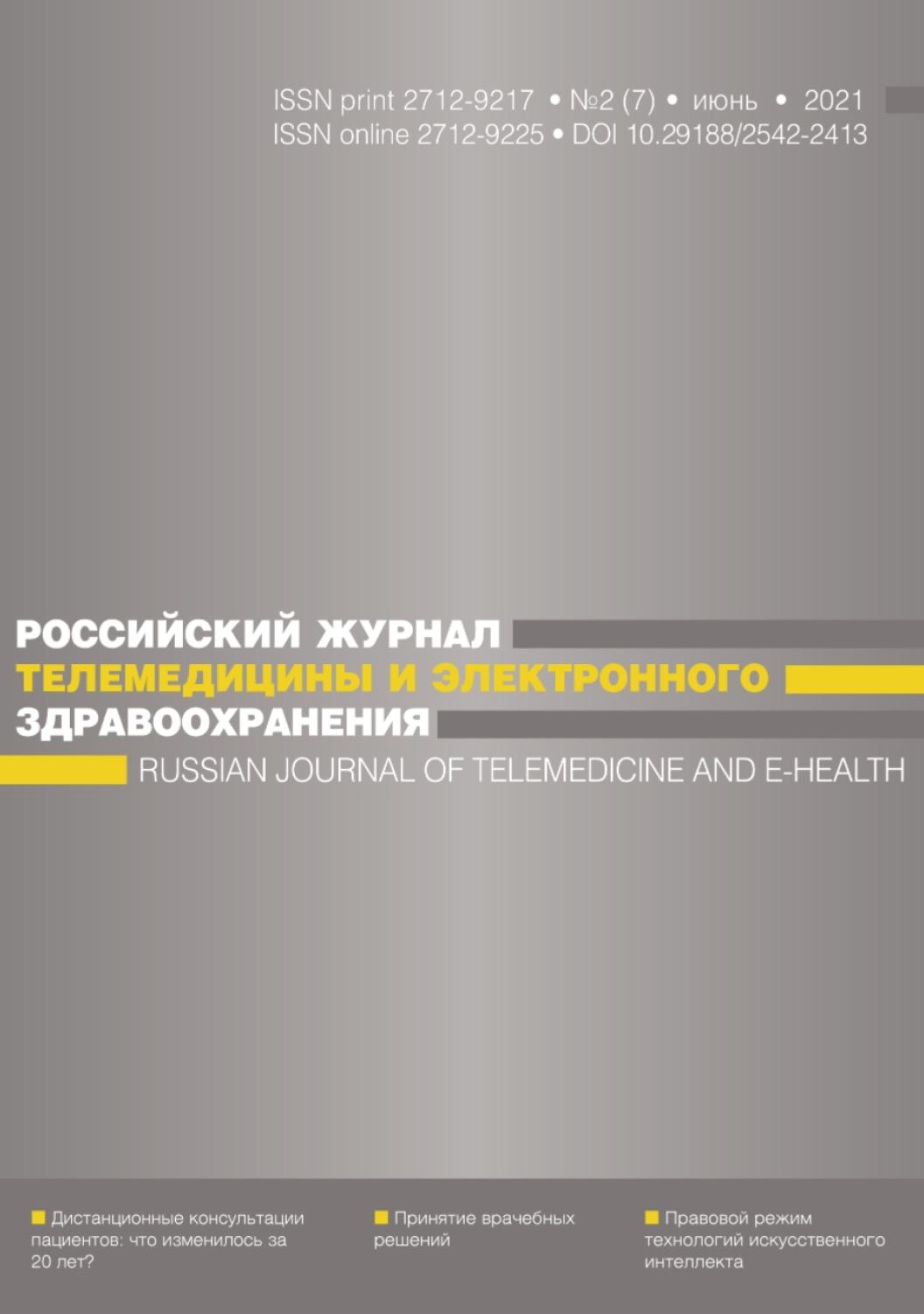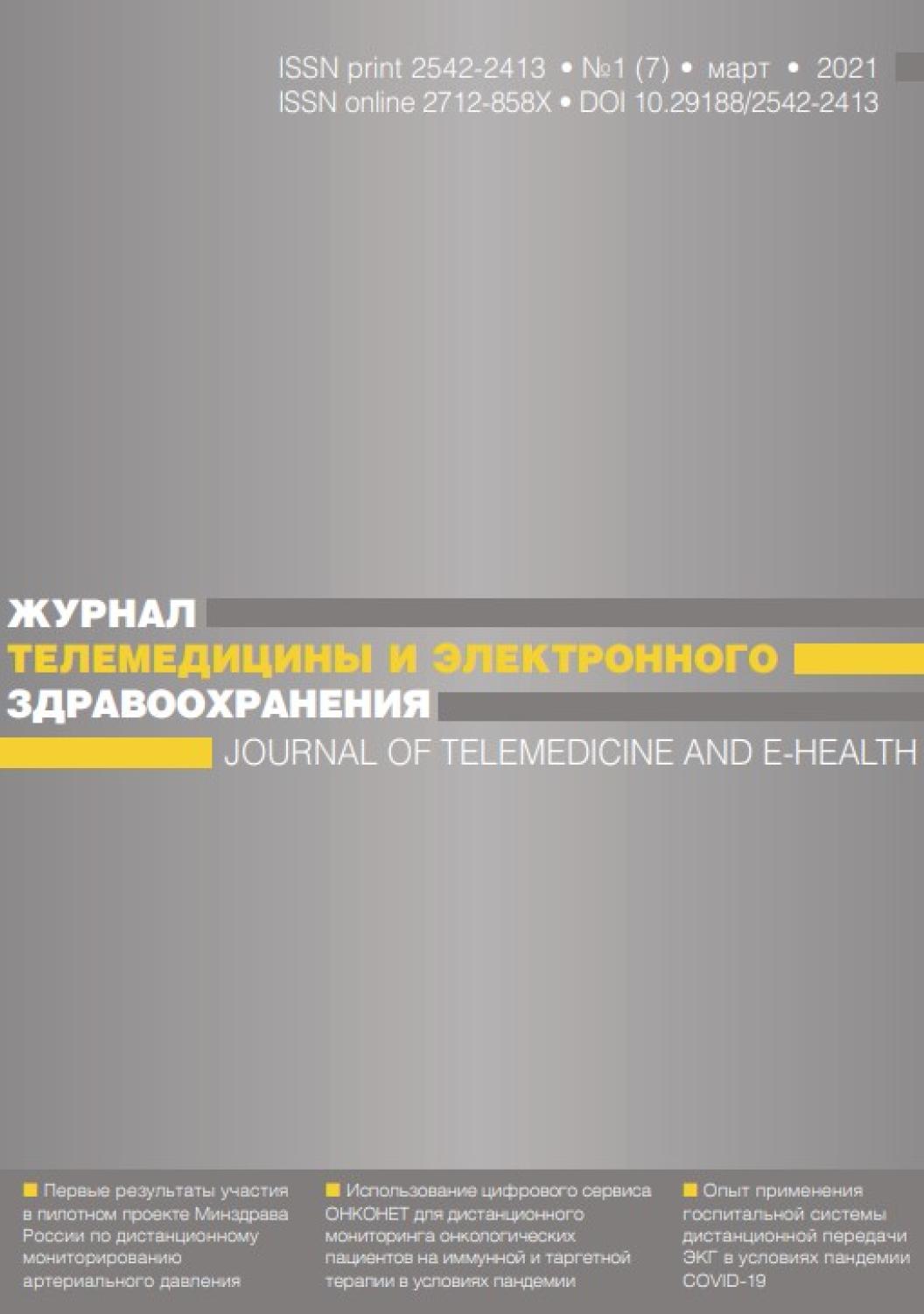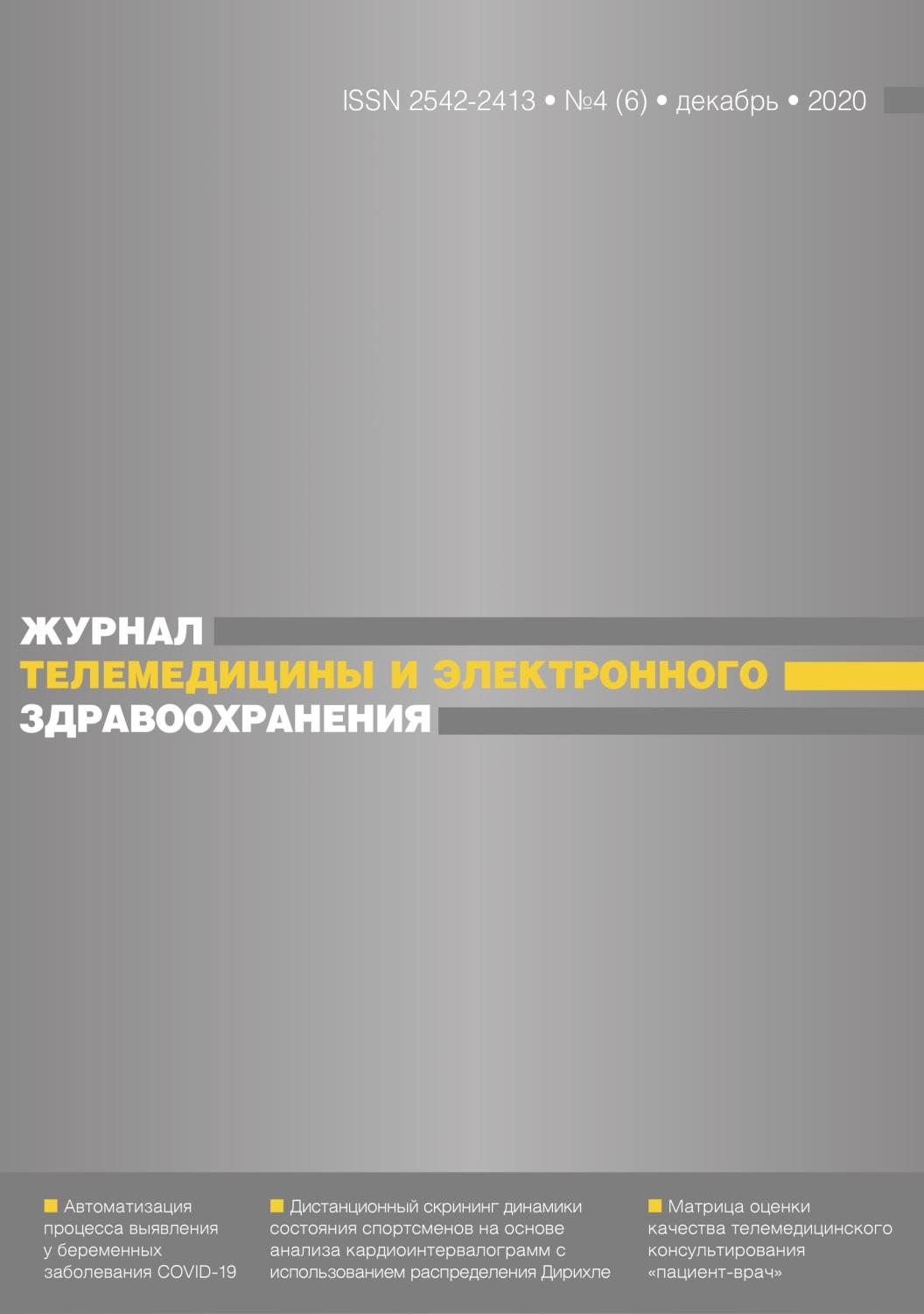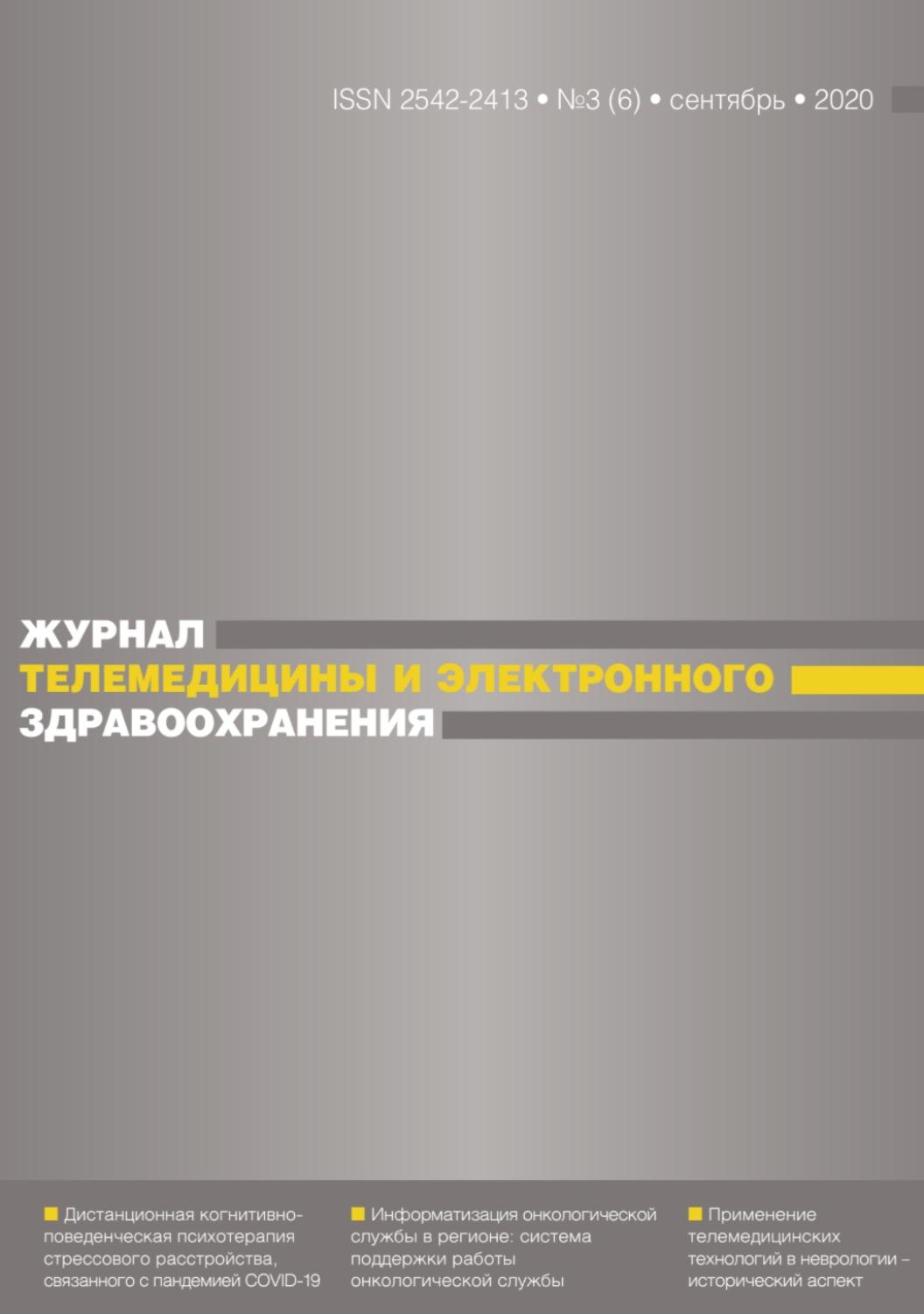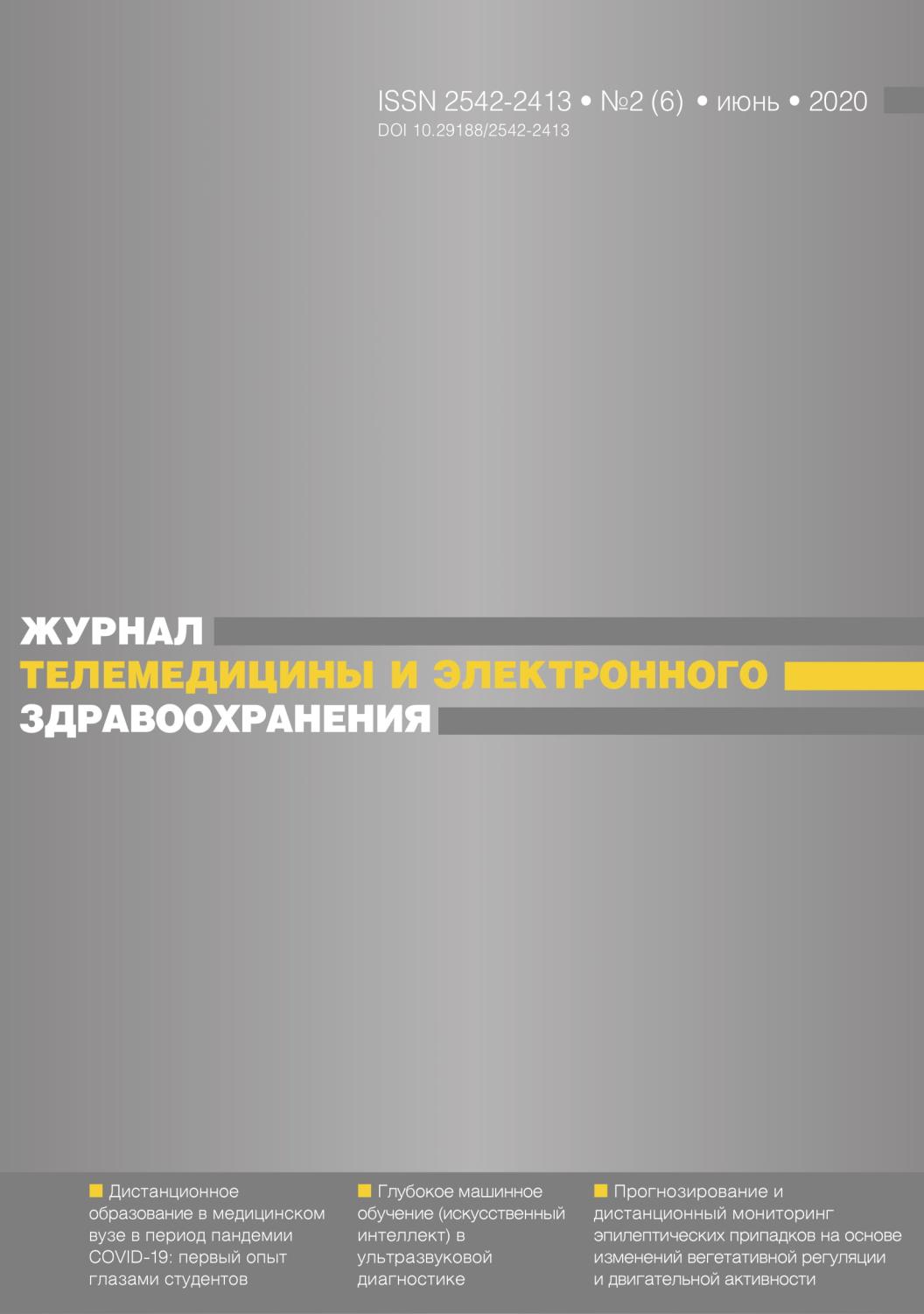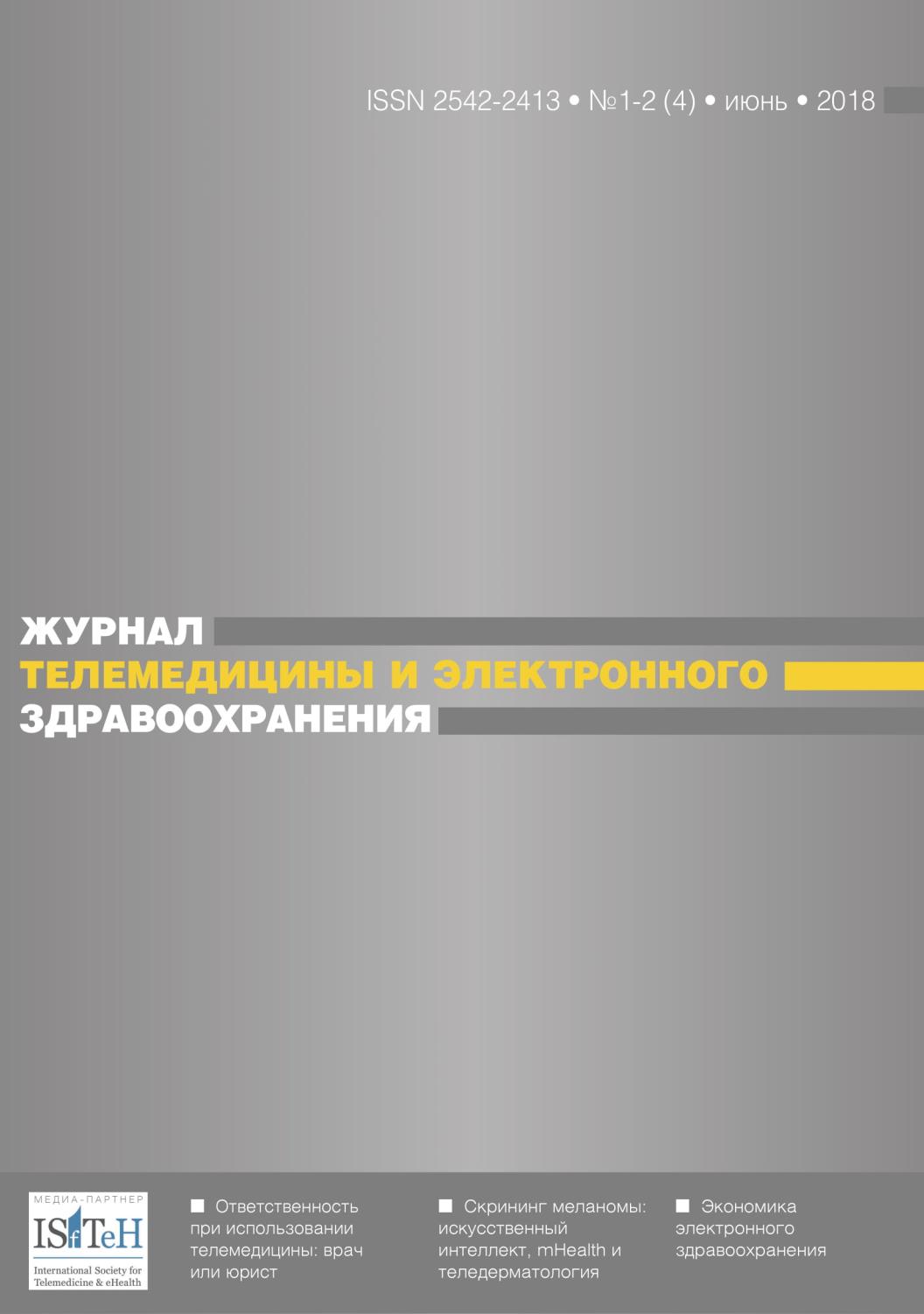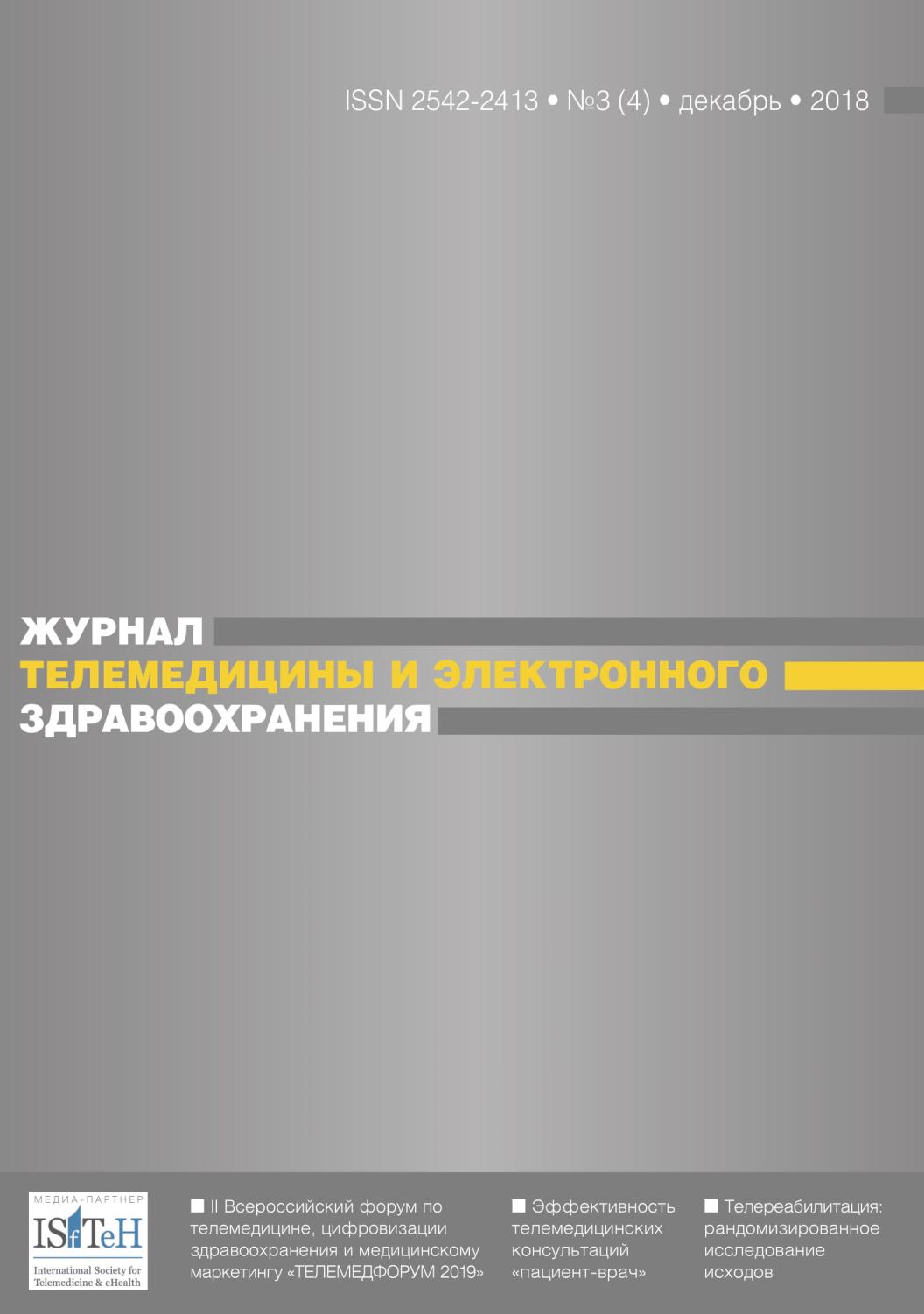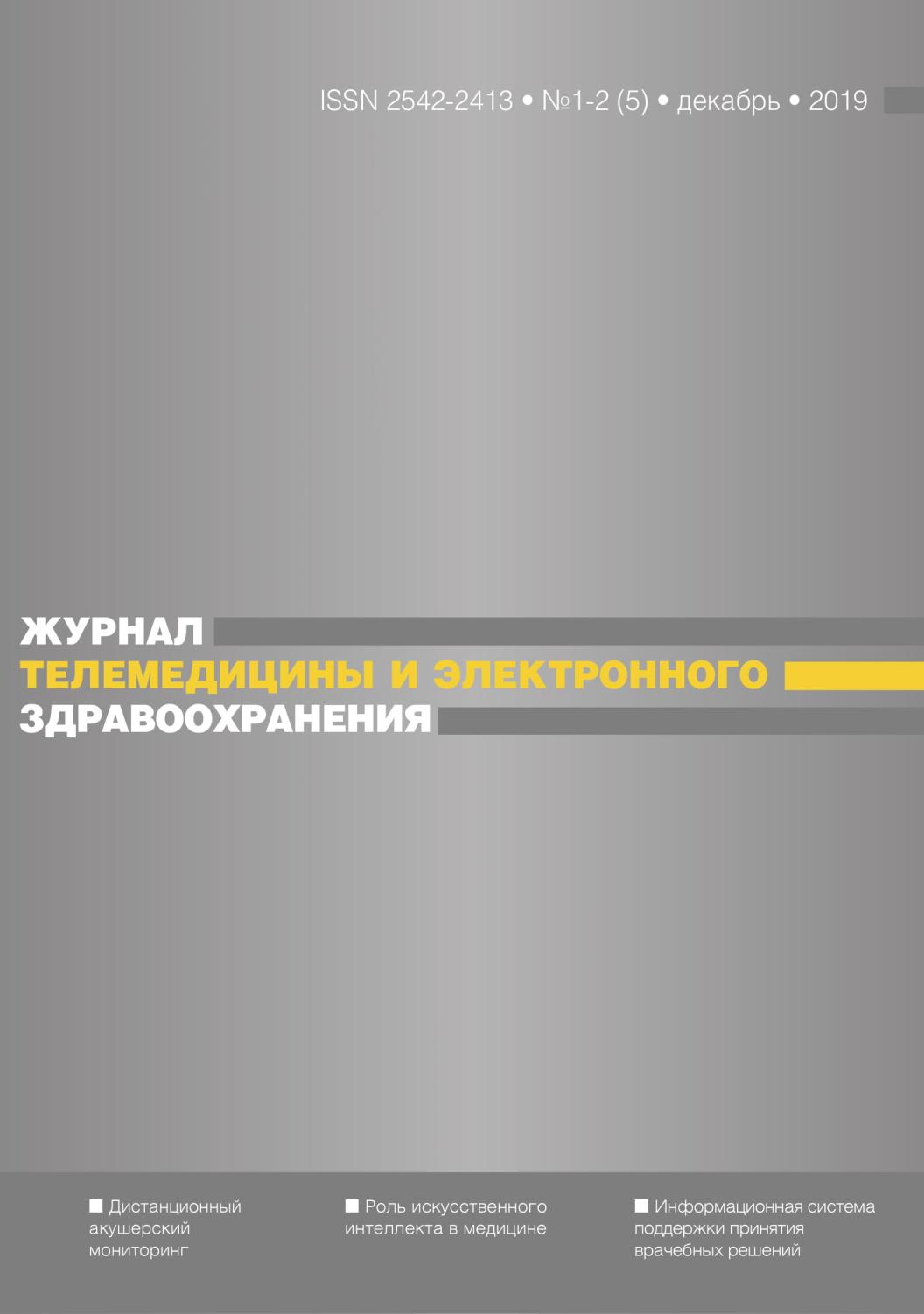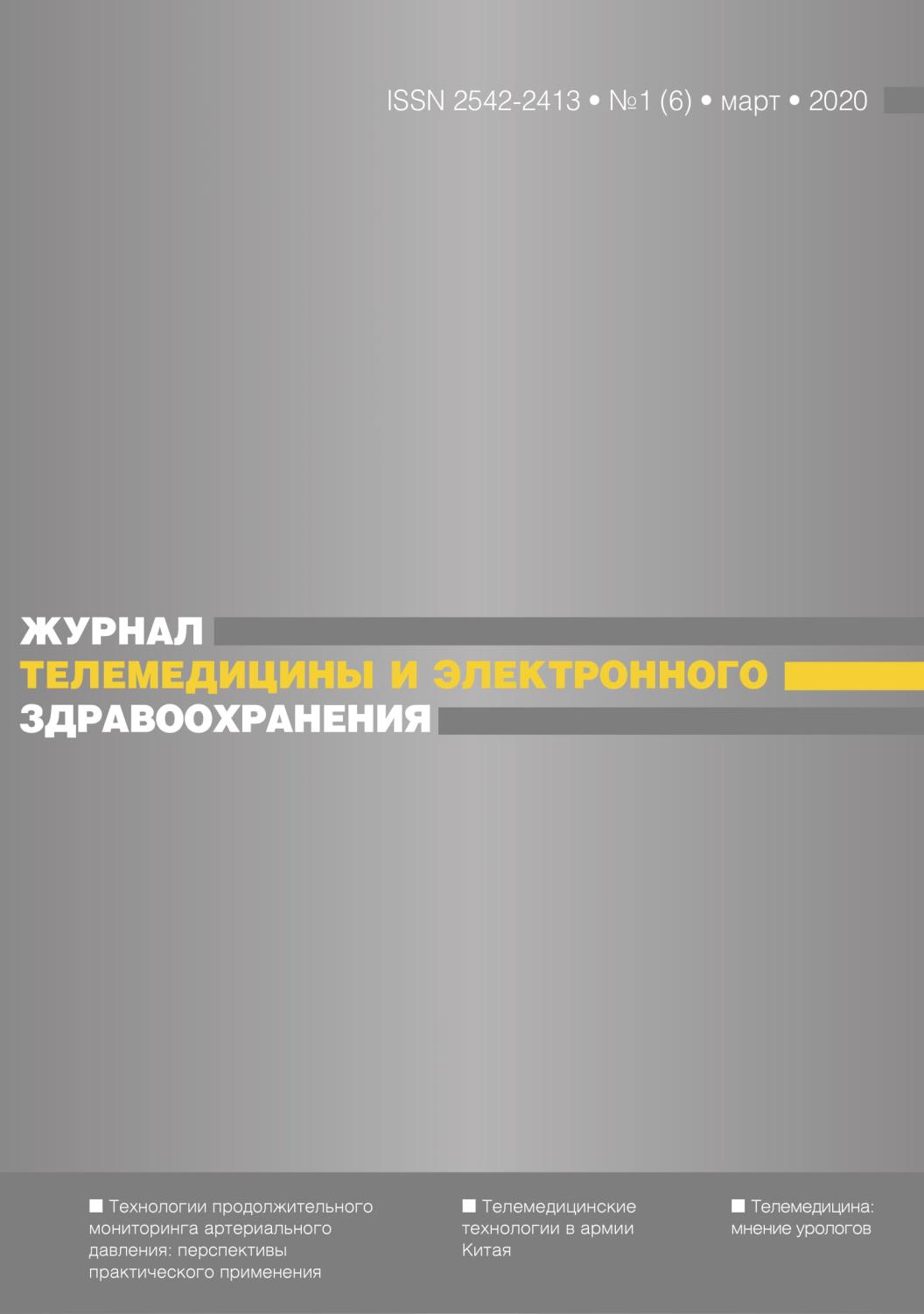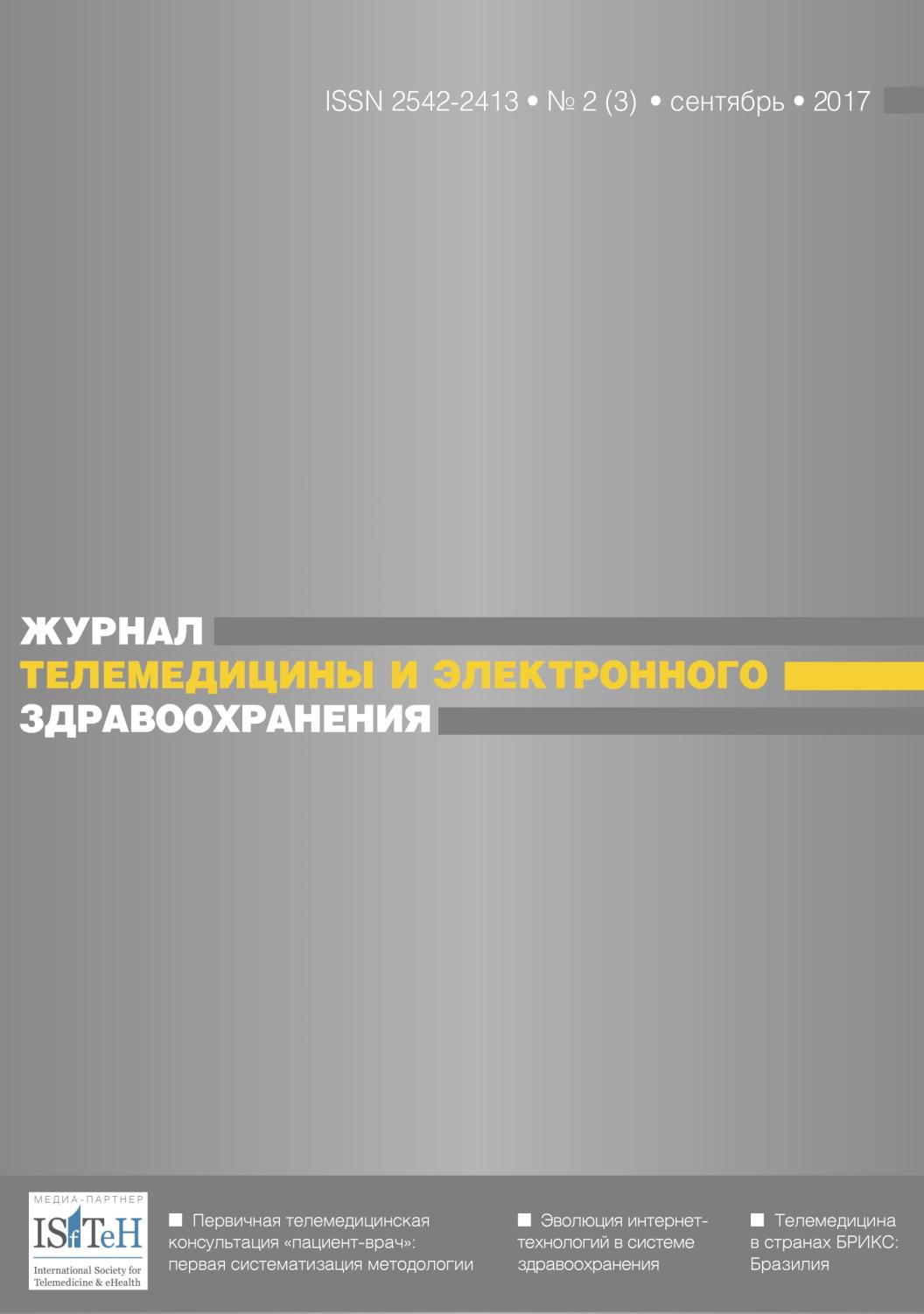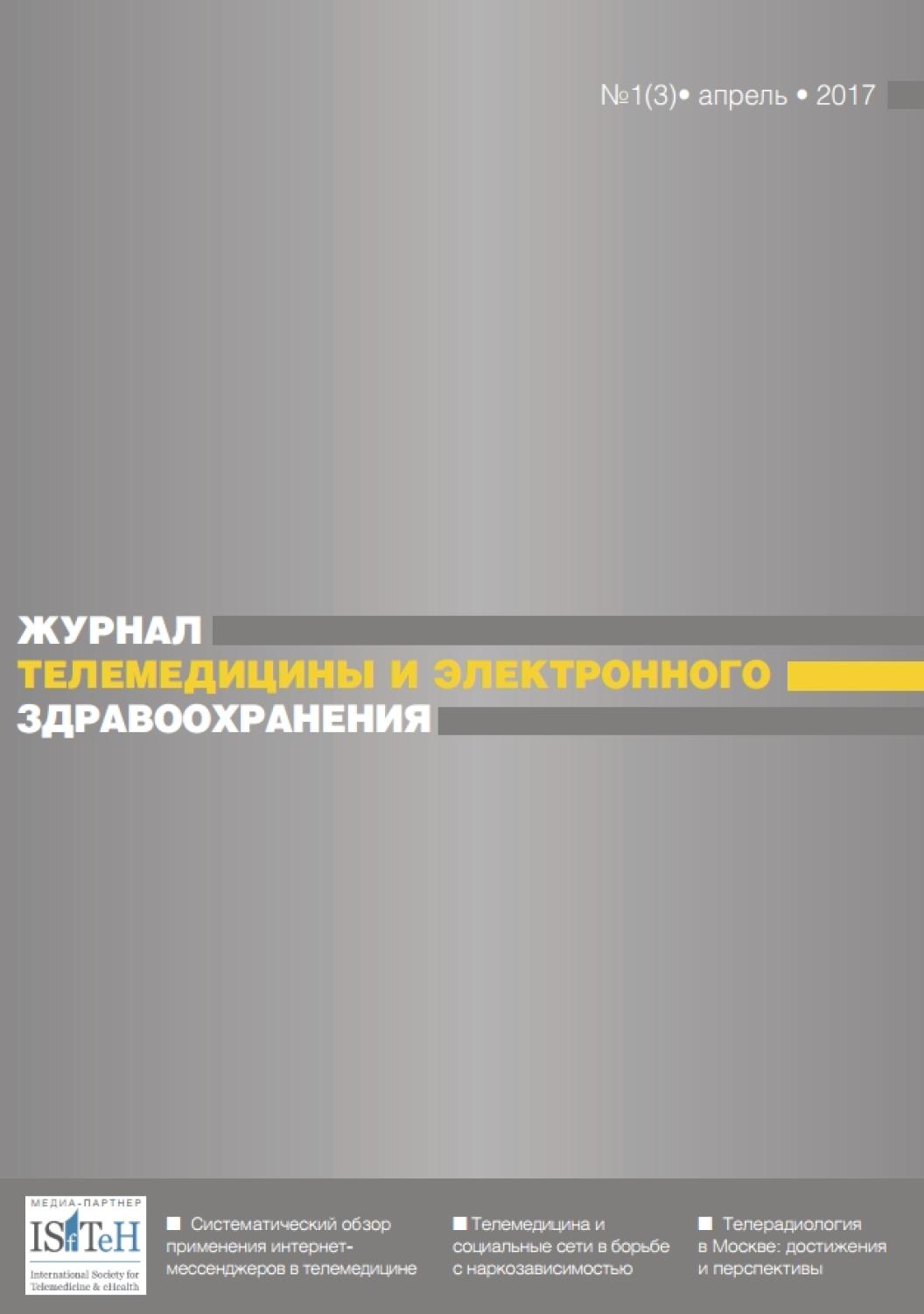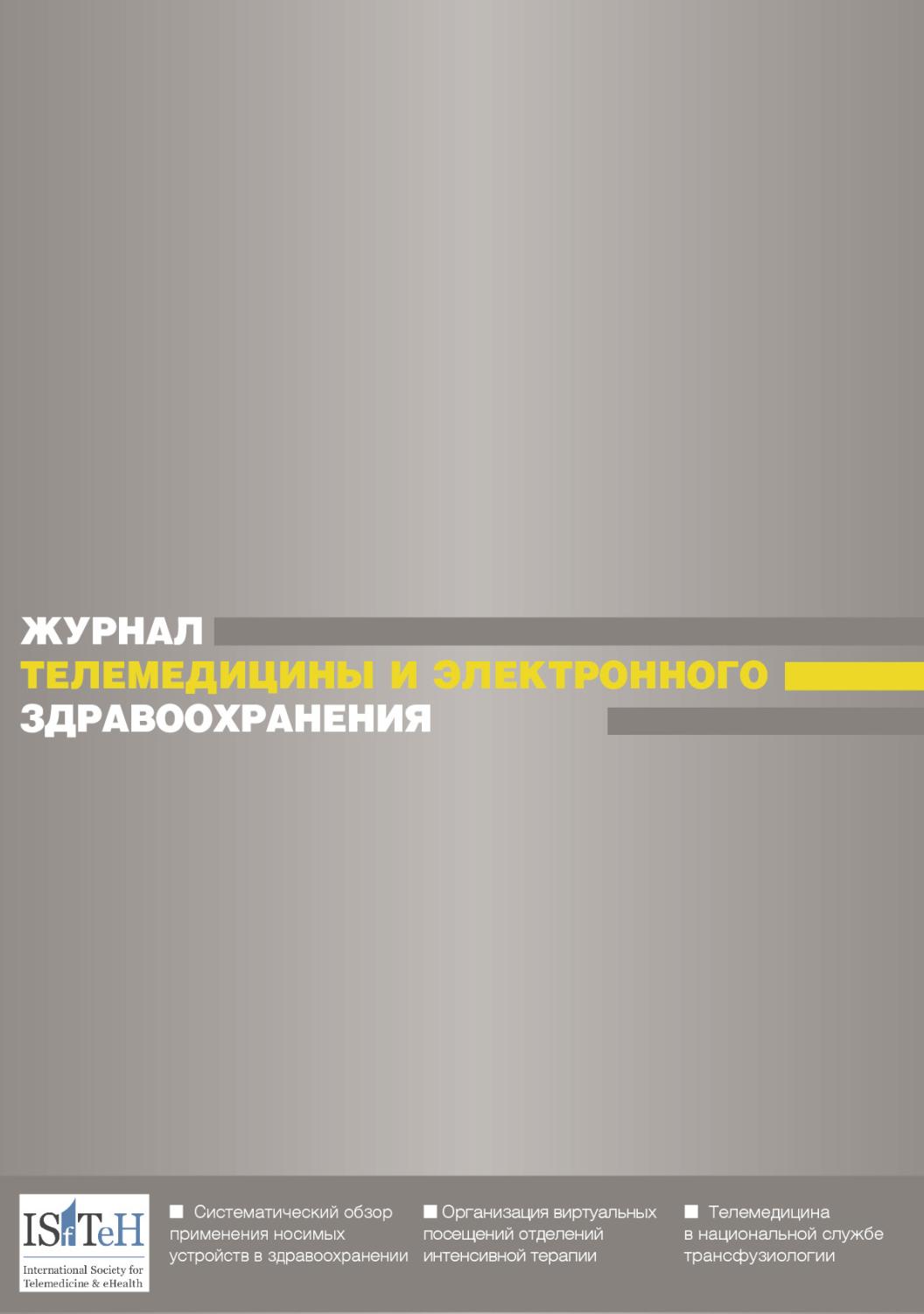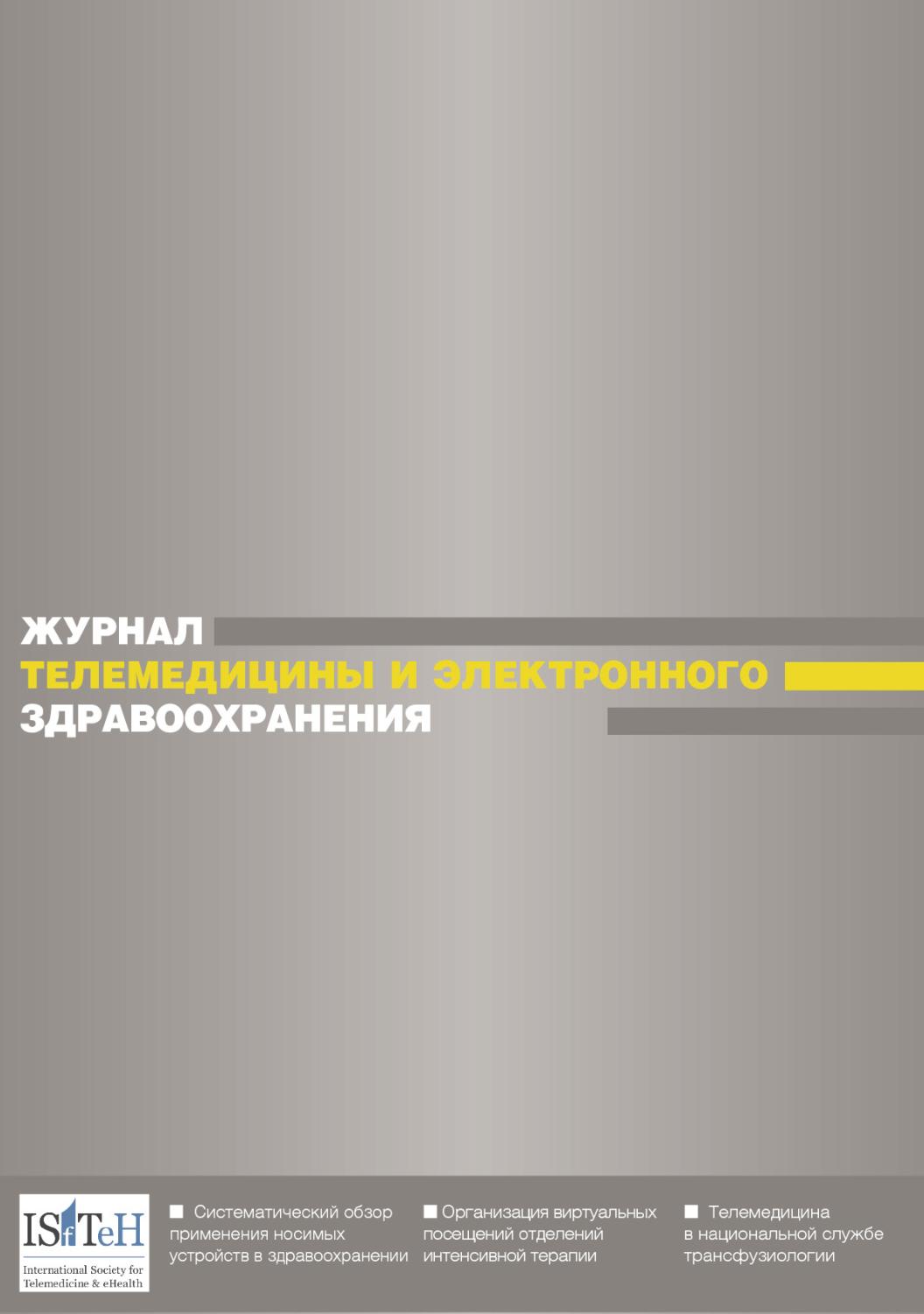Introduction. Clinical guidelines are a collection of documents developed by professional communities and containing structured clinical information on etiology, pathogenesis, symptoms, methods of diagnosis, treatment and rehabilitation of patients. Medical specialists of the Russian Federation are informed about the need to comply with the recommendations from January 1, 2022, and have completely different reactions to this fact.
The purpose of the article is to analyze the results of an Internet survey of Russian doctors in their attitude to the necessity and possibility of following clinical guidelines.
Materials and methods. In total, 2487 Russian doctors took part in the survey, which lasted from July 21, 21 to October 30, 21, who, after identification on the resources listed above, were asked questions with multiple answers: 1. Region of the doctor's work, 2. Medical specialty, 3. Do you think Russian doctors need clinical guidelines? 4. Should clinical guidelines be publicly available? 5. To what extent are you ready to apply the clinical guidelines? 6. Do you consider it permissible to include phytopreparations, dietary supplements in the national clinical guidelines? 7. Do you consider it permissible to mention the trade names of drugs in the clinical guidelines? 8. How often should clinical guidelines be updated?
Results. The attitude of Russian doctors to clinical guidelines is heterogeneous - out of 2,487 respondents, 52.96% are ready to apply clinical guidelines in some typical cases, 33.78% are absolutely ready to follow clinical guidelines, 10.74% consider it rather unnecessary, and 3.18% categorically against clinical guidelines. 1237 (49.74%) survey participants believe that clinical guidelines must be in the public domain exclusively for doctors and / or medical professionals. 1250 (50.26%) specialists opposed open access, in particular, due to the inadmissibility of familiarization with the clinical guidelines of patients. Most of the survey participants of 1916 people (77.04%) consider it permissible to include phytopreparations and dietary supplements in clinical guidelines in the form of separate chapters, with a mention and references to clinical studies.
Conclusions. The main barriers hindering the implementation of clinical guidelines into clinical practice are the level of equipment of medical facilities, lack of time due to staff shortages, availability of clinical guidelines, lack of awareness and disagreement of doctors with the content of clinical guidelines, and their low motivation. Clinical guidelines should be the "starting point" in decision-making, but unconditional implementation of clinical guidelines cannot be required in the current health care system and the lack of legal protection of doctors. The format for the application of clinical guidelines in the work of doctors requires legal elaboration, strict compliance with the International Classification of Diseases (ICD).


